Chianti is one of the most renowned regions in all of Italy thanks to its idyllic landscapes, rolling hills, and wine production. This area stretches from Florence to Siena and a small part of Arezzo.
Chianti has been a symbol of beauty since the very early times. Its coveted territory has caused disputes and rivalry among locals. An excellent example of this rivalry is in the labeling of wine bottles.
Have you ever noticed a black rooster on Chianti's labels? There’s a medieval legend that explains why Chianti's branding holds a black rooster in their Chianti Classico wines.
It all started when the Florentines and the "Senesi’s" (Siena's locals) wanted to define the area's confine. So they came up with a race to decide which site would belong to each. A knight from each region was supposed to ride Chianti’s Valley early in the morning as soon as the rooster crowed. It would be precisely at the point where the knights met, that would define each region's territory.
Very cleverly, Florentines chose a skinny rooster to have the upper hand, whereas Siena selected a healthy and robust white rooster to sing.
When competition day arrived, Florentine's skinny black rooster was so hungry that crow before dawn, so the Florentine’s knight started his journey as soon as the rooster crowed, covering a more significant part of the territory, even before Siena's knight started to ride.
This fable has passed through generations to keep the tradition alive. Although this is not the favorite story of the Tuscan people, you can still see the famous "gallo nero" or “black rooster” in their wine bottles, which symbolizes that those wineries belong to the Classical Area. Needless to say, the laws and regulations of Chianti are stricter than that.

There are seven areas of production that conform this region: Colli Fiorentini, Colli Senesi, Colli Aretiini, Colli Pisane, Rufina, Montalbano and Monterspertoli. An essential rule is that wines need to have a minimum percentage of the Sangiovese grape.
It’s important to know that "Chianti" and "Chianti Classico" are two different DOCGs, and they have different production areas protected by the consortium.
Chianti Classico DOCG follows even stricter requirements for production:
- Its vineyards are placed at higher altitudes than those in Chianti DOCG.
- The wines must be aged for 12 months before releasing them to the market.
- It can only be grown in the towns of Barberino Val d`Elsa, Castellina in Chianti, Castelnuovo, Gaiole in Chianti, Radda in Chianti, Poggibonsi, San Casciano Val di Pesa and Tavernelle.
- Chianti Classico DOCG wines must have at least 80% of Sangiovese, the wines are more complex in structure, spicier, and suitable for ageing.
- Chianti Classico Riserva must be aged for 24 months, (of which, at least three months must be aging in the bottle.)
- Chianti Classico Gran Selezione is the highest designation for Chianti Classico wines. Wines must be obtained from a single estate and should be aged for six months more than the Riserva (30 months in total.)
- Most of these wines are matured in oak barrels, either French or Slovenian oak, and it is the winemaker's choice to produce the style of wine. Some growers still use cement vats for production.
Now that you know all the facts and the story behind the famous black rooster. I challenge you to taste more of these glorious wines, and discover all the different and exciting Chianti styles.
Chianti is the perfect wine to pair with classical Italian cuisine, like steak or “Chianina,” cold meats, aged cheeses, and more. This is an amazing wine for all our foodies out there!
And just like Italians say: Chin- Chin (cheers!)
Shop Italian Wines
Shop Mazzei Wines
Shop Chianti Wines
For more information, read our blog Detailed Review of Italian Wine Region
Big Hammer Wines
The wine experts at Big Hammer Wines taste thousands of wines every year from around the globe, looking for quality and value. This special offer reflects the passion we have for our clients.
Discover the world through its wines, Click Here! Visit Bighammerwines.com and become a wine expert!
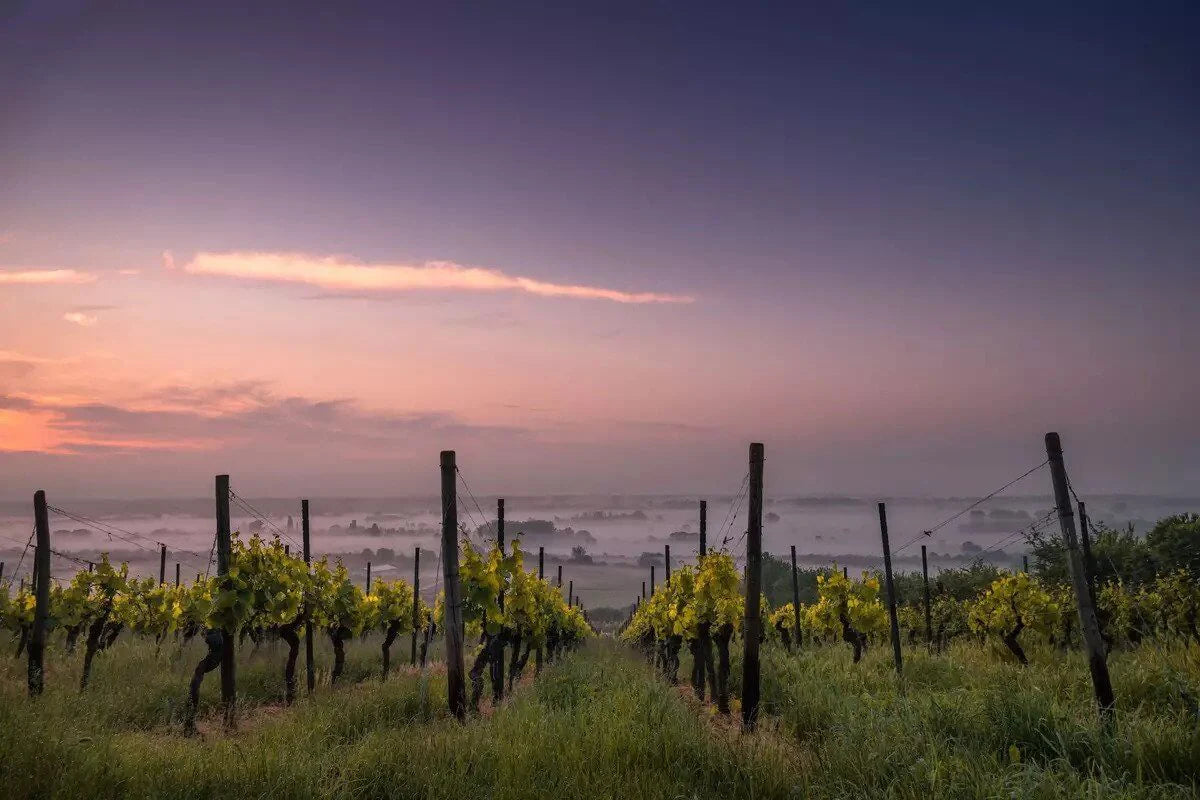
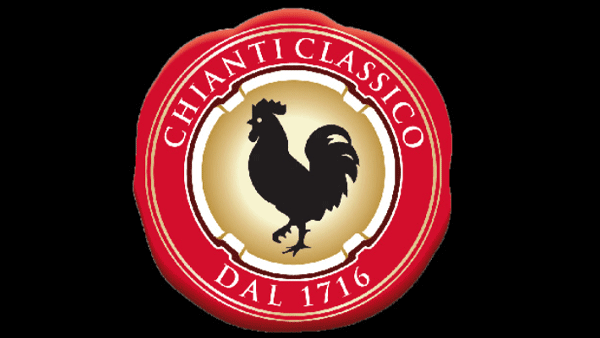


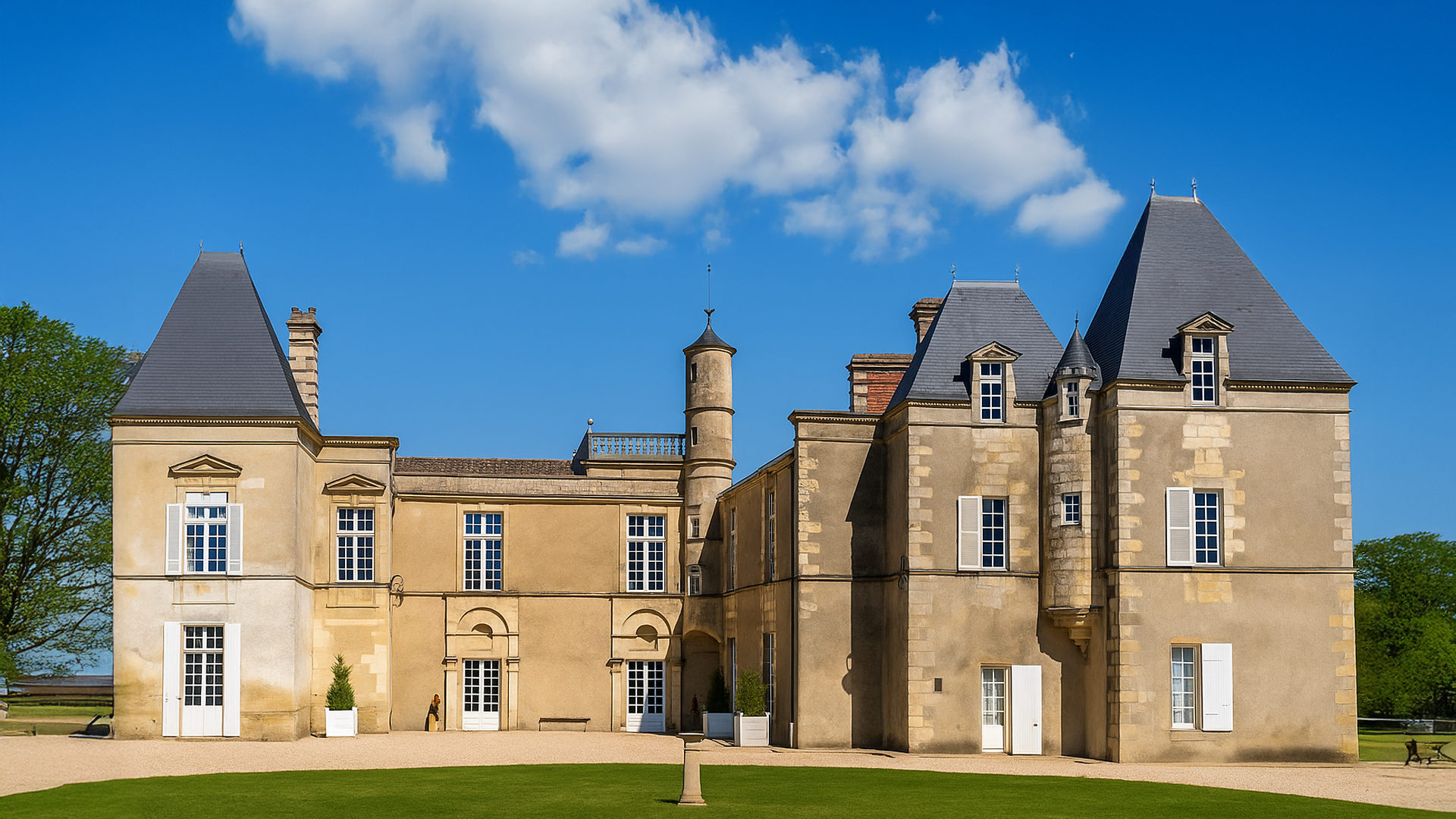

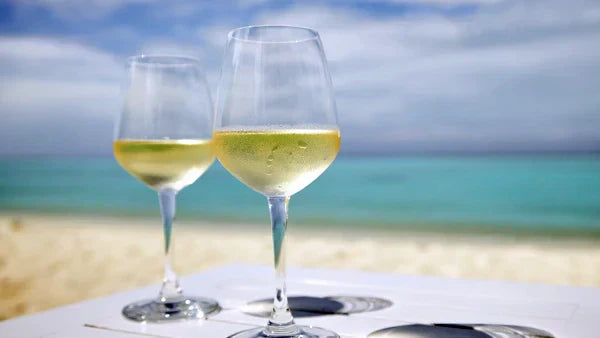
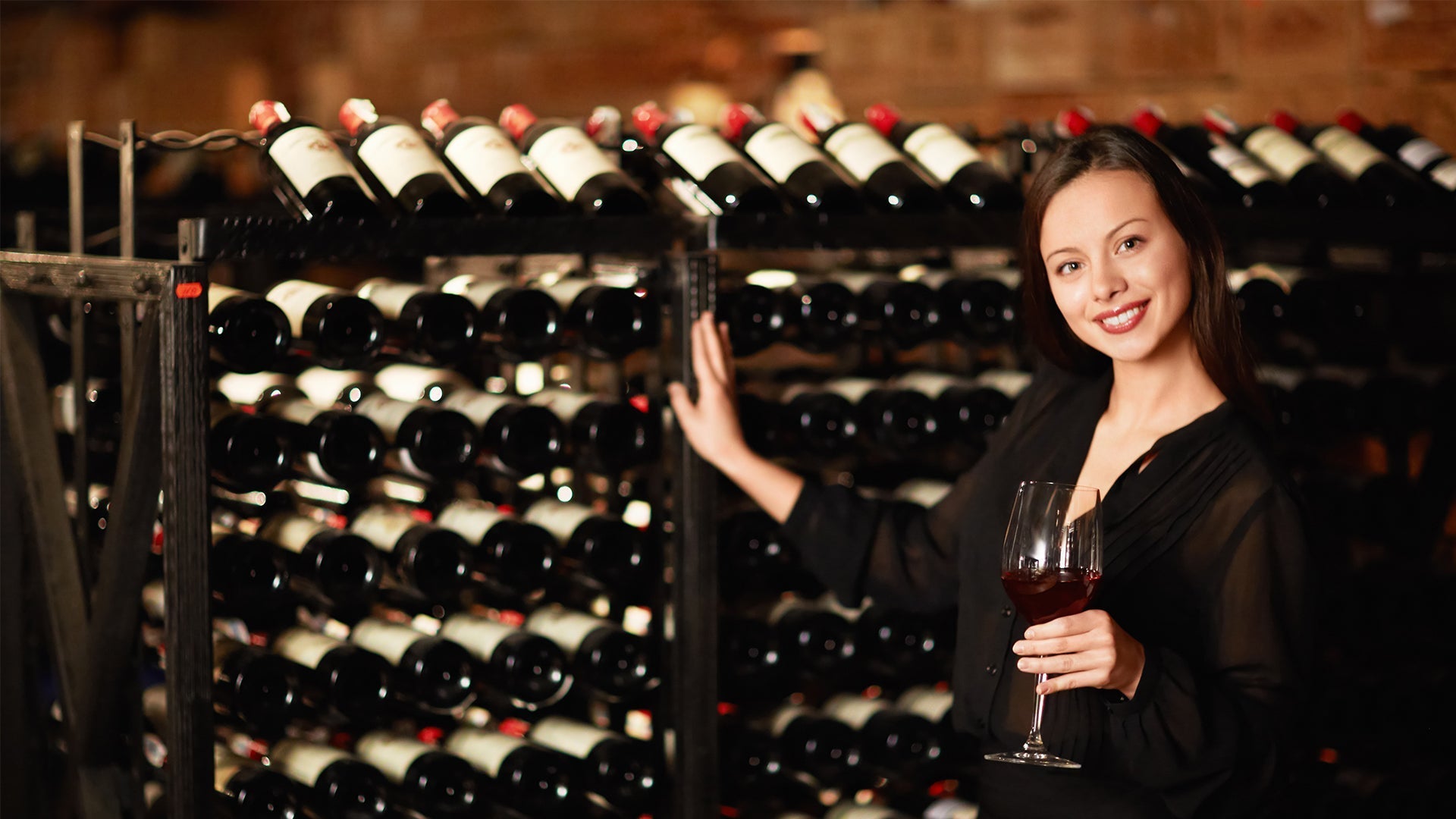

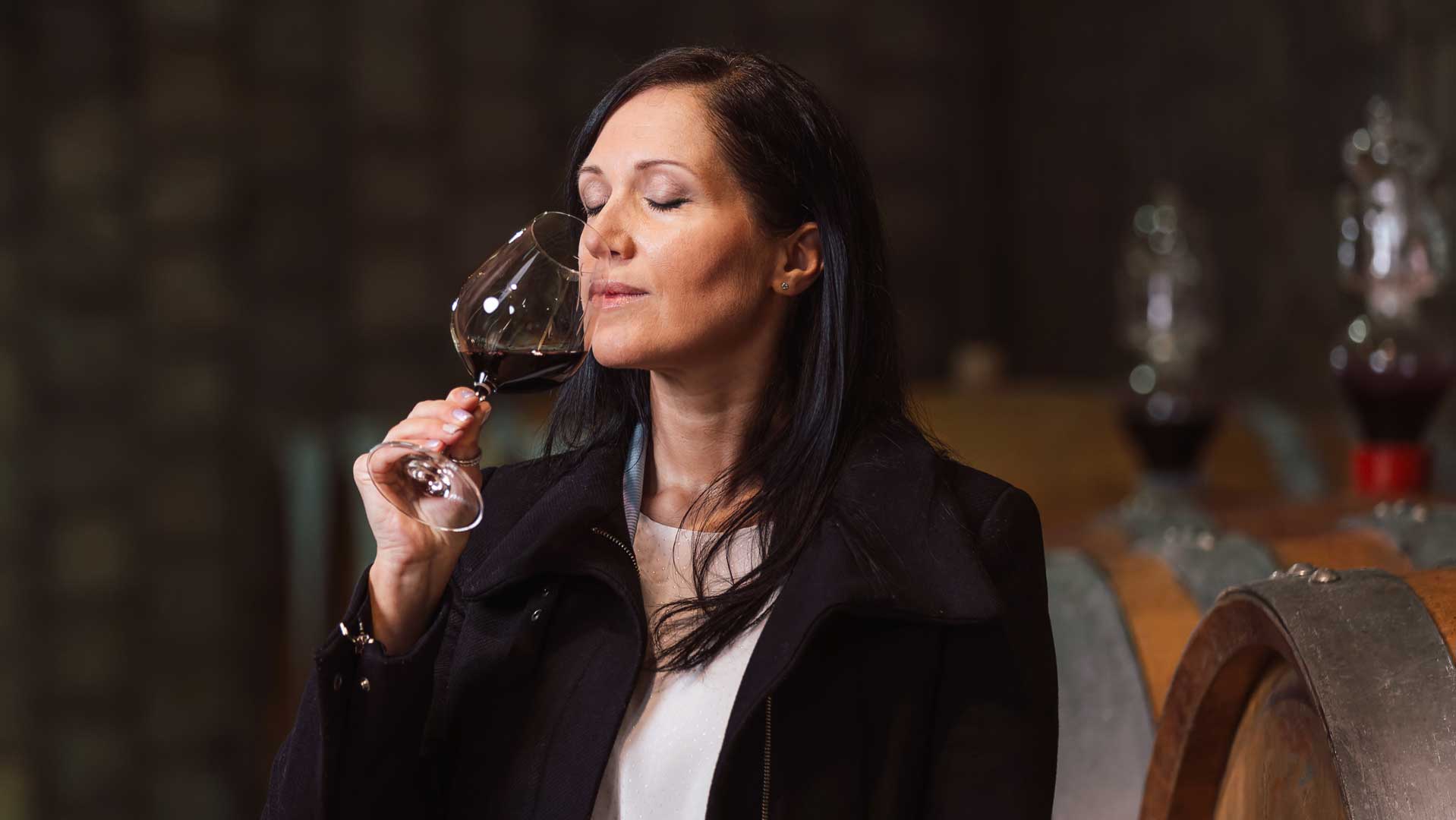
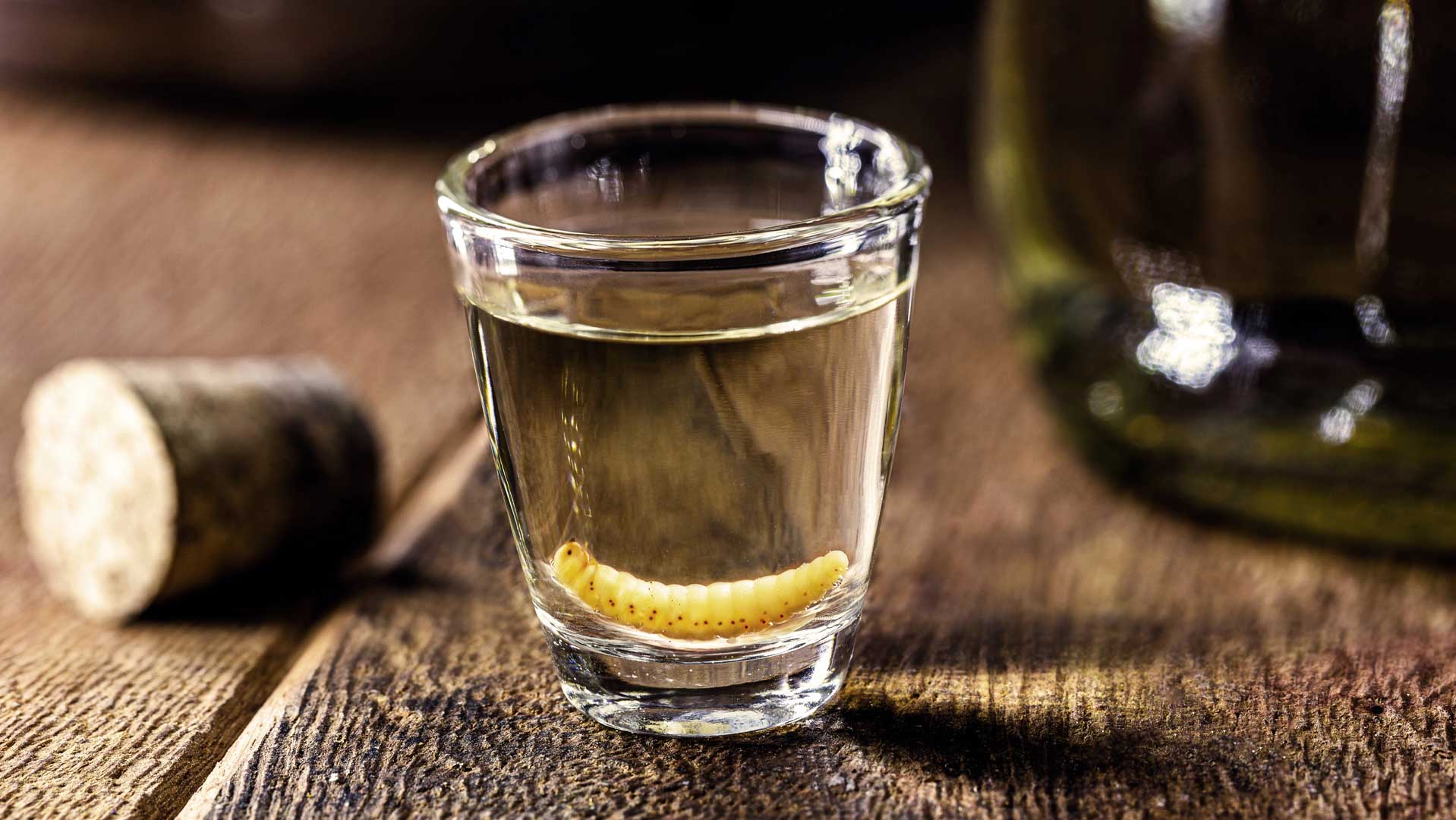
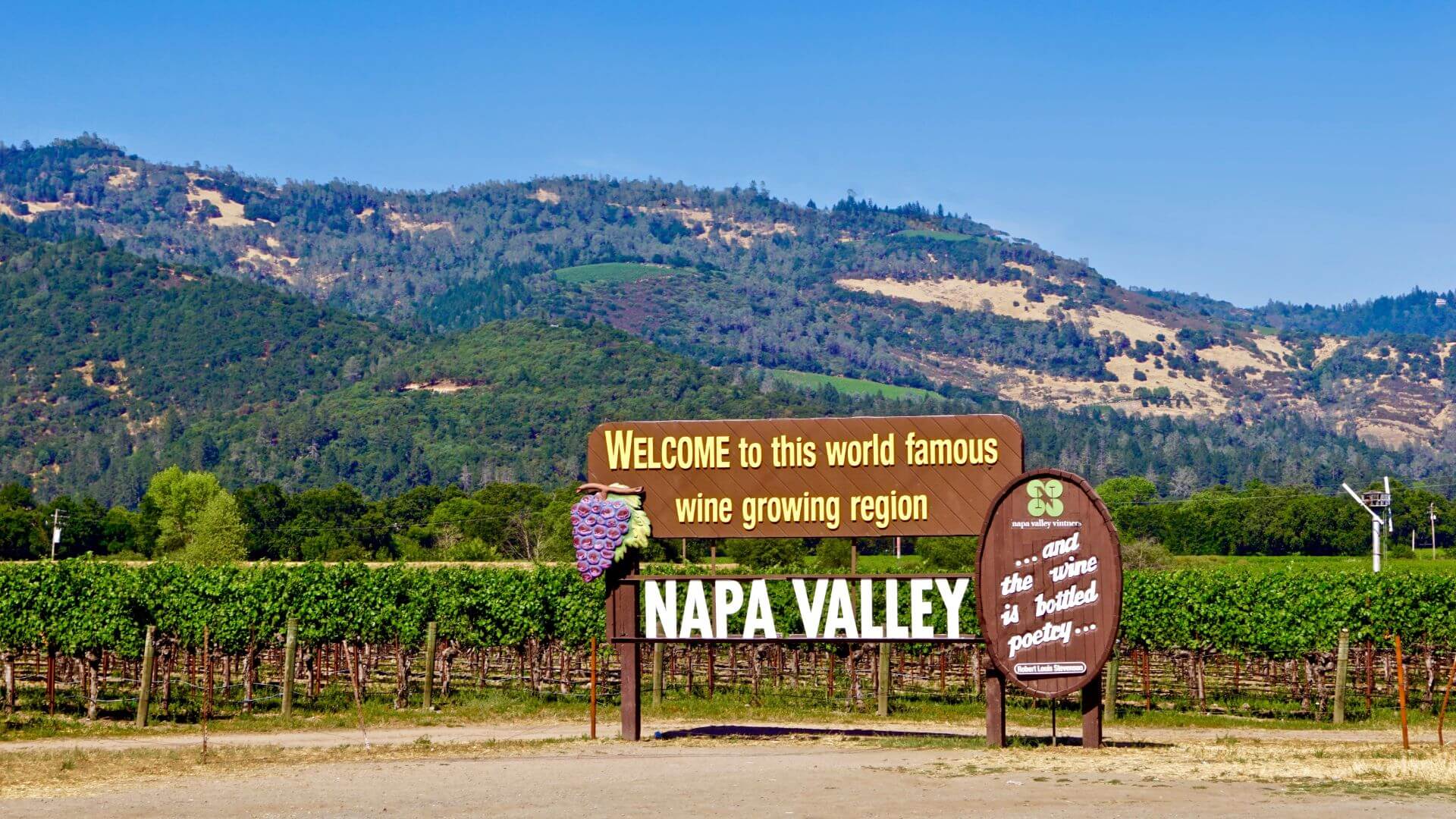

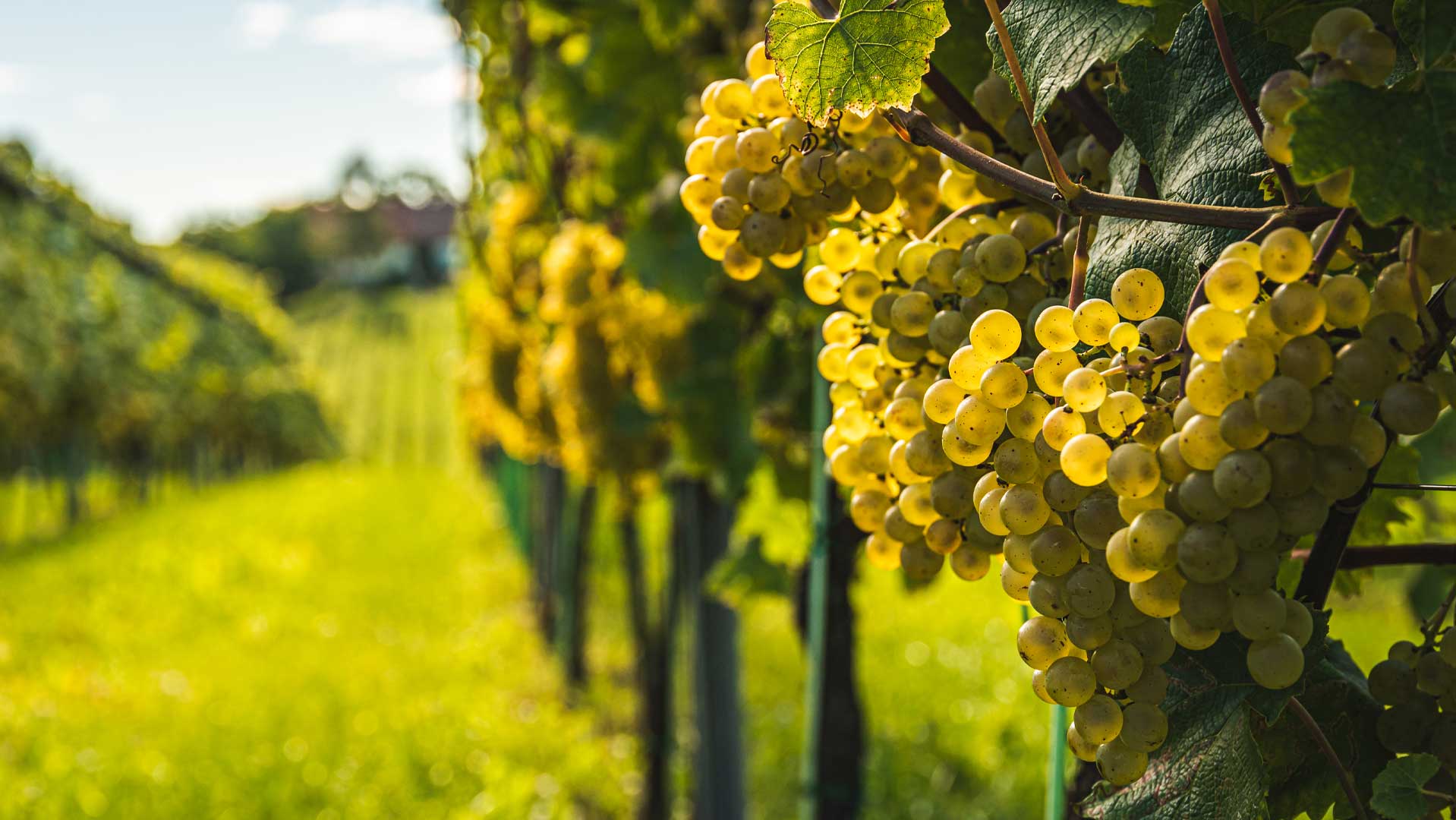
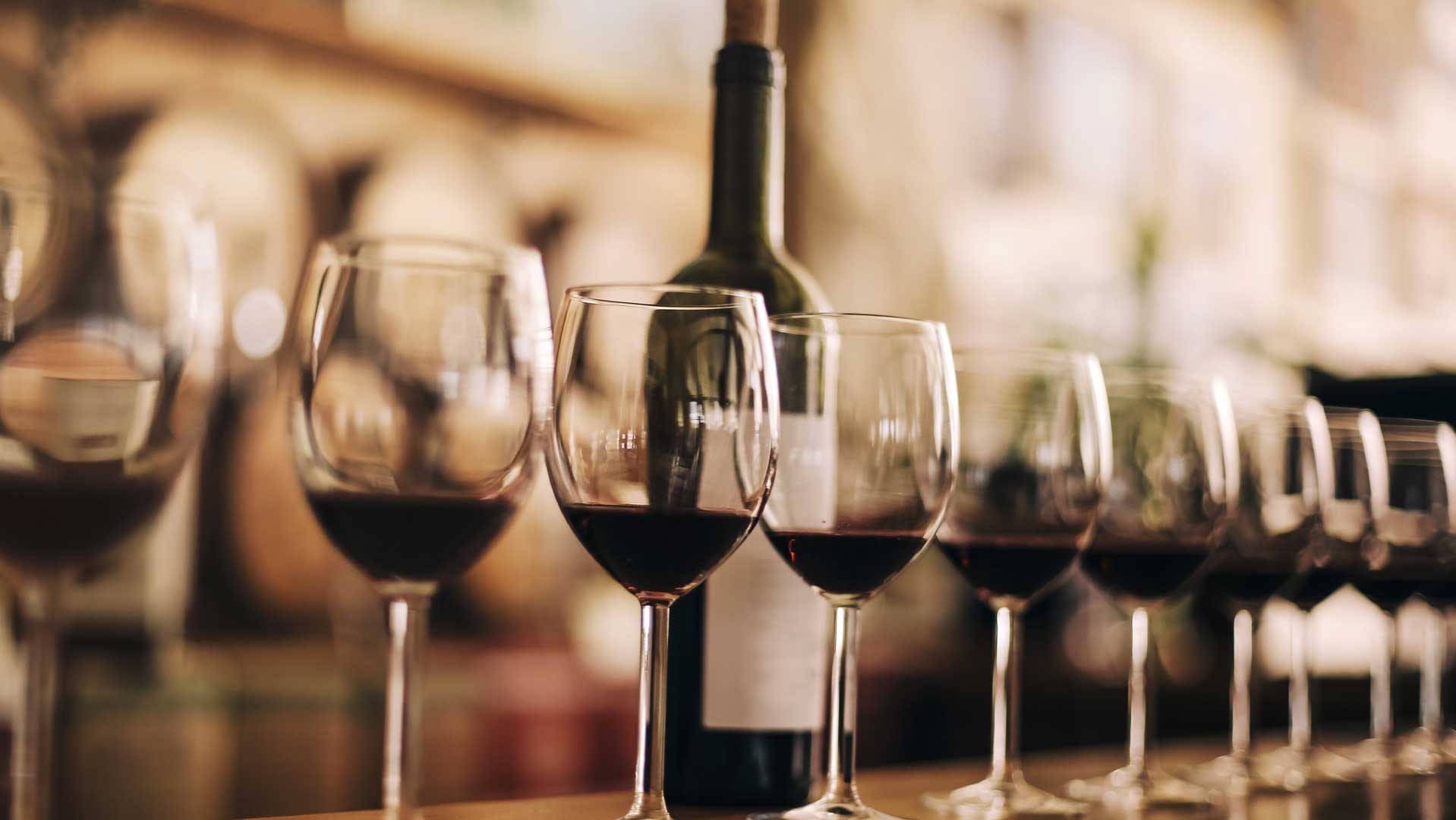
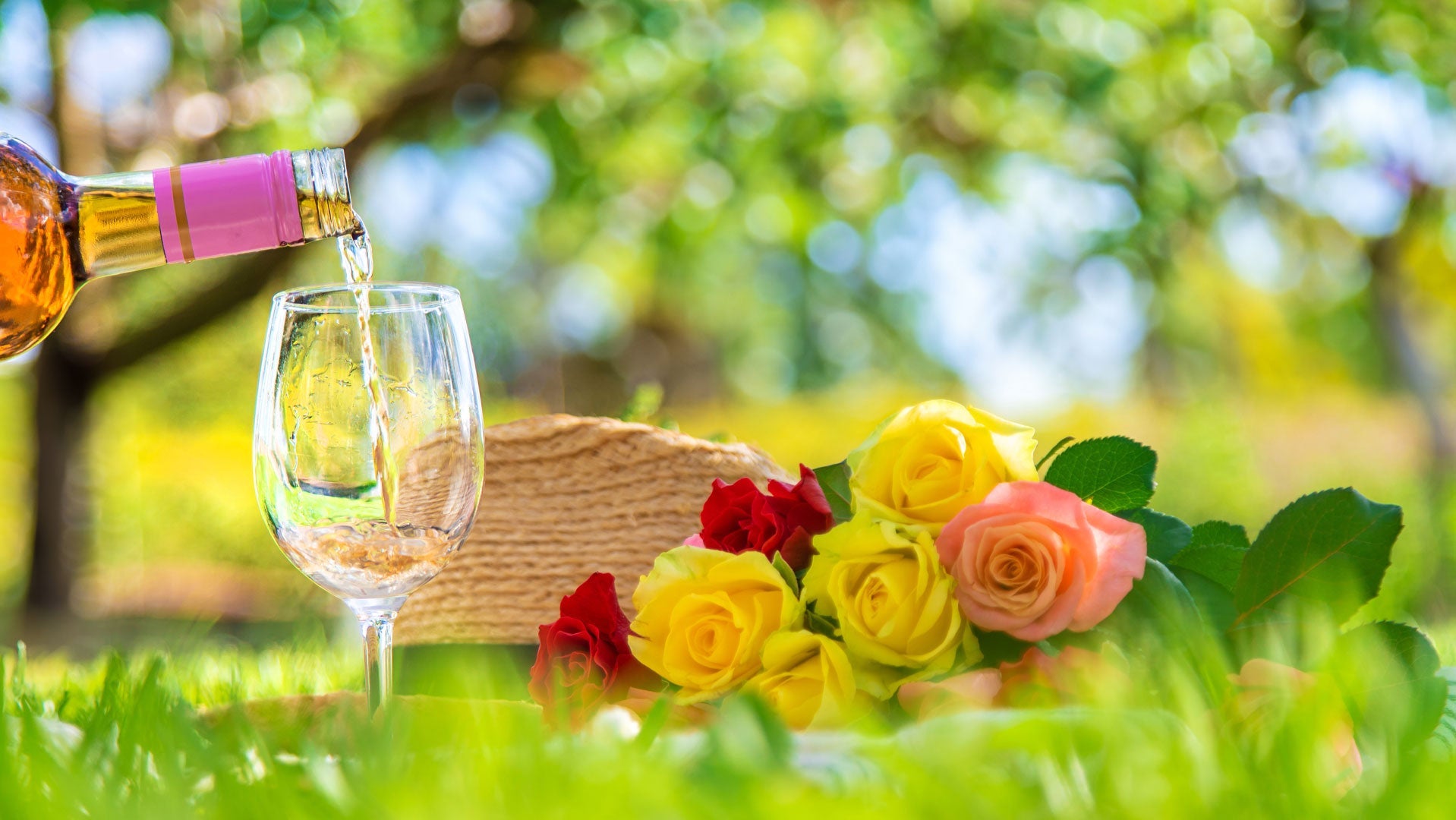
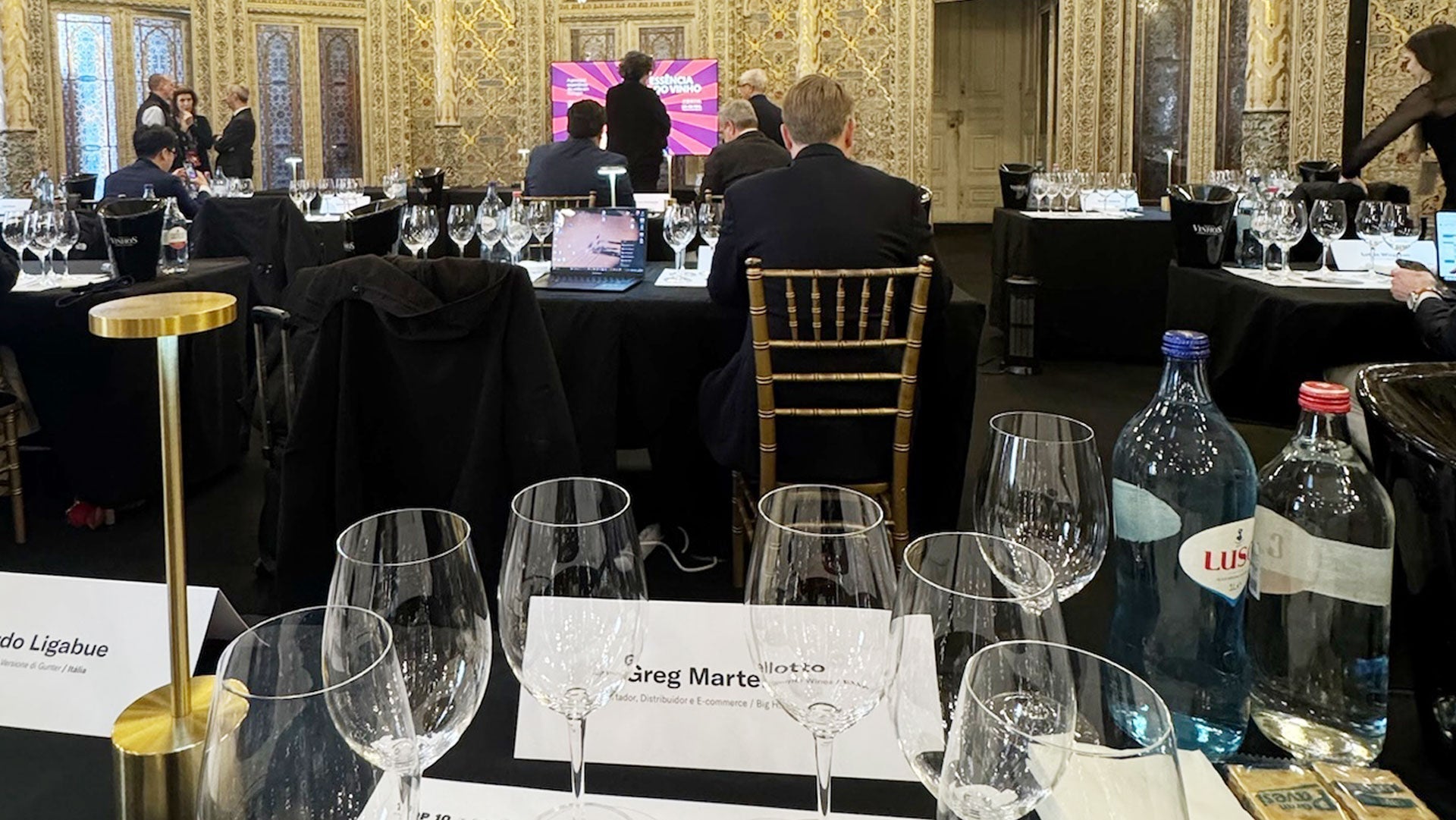
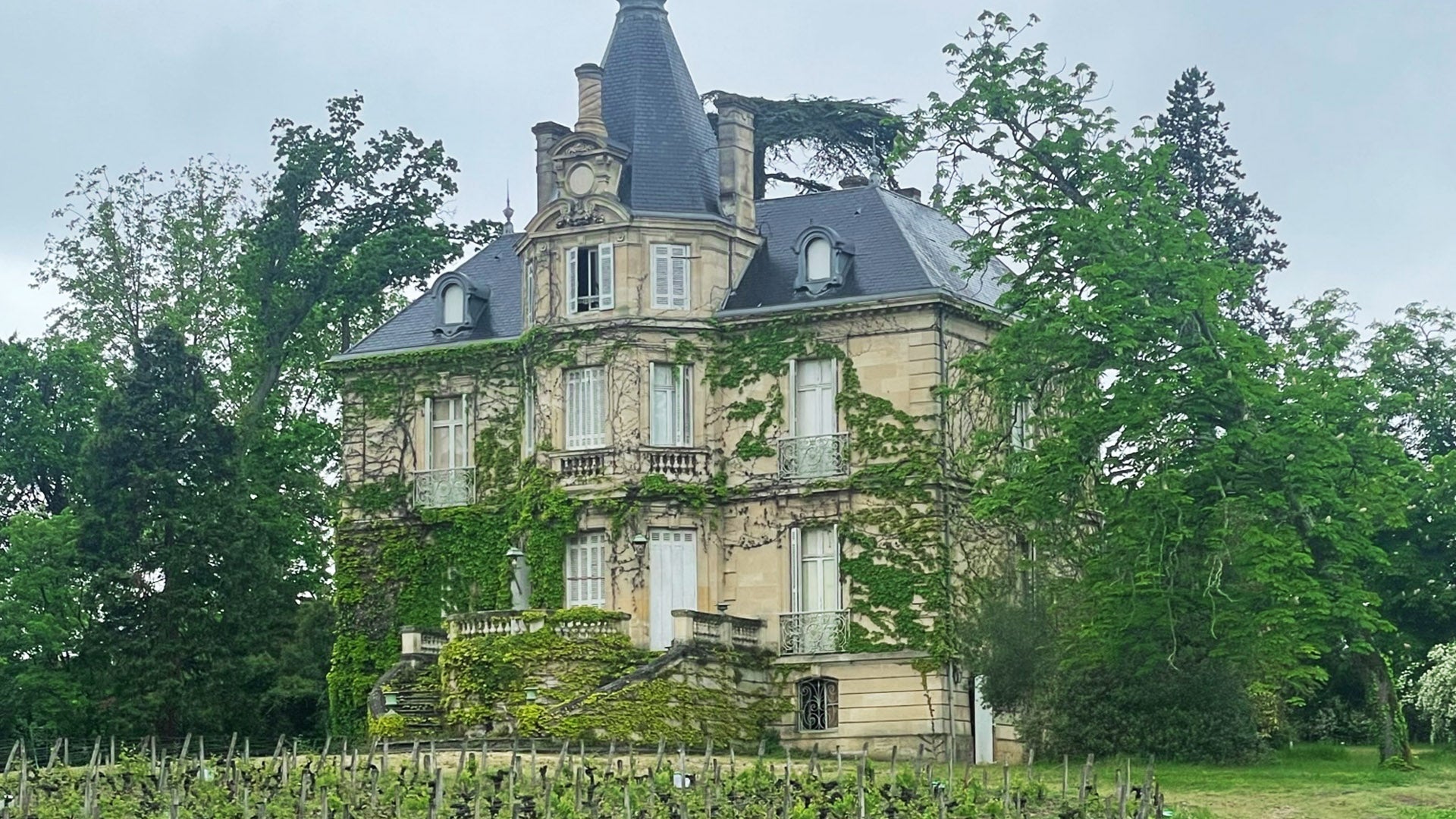
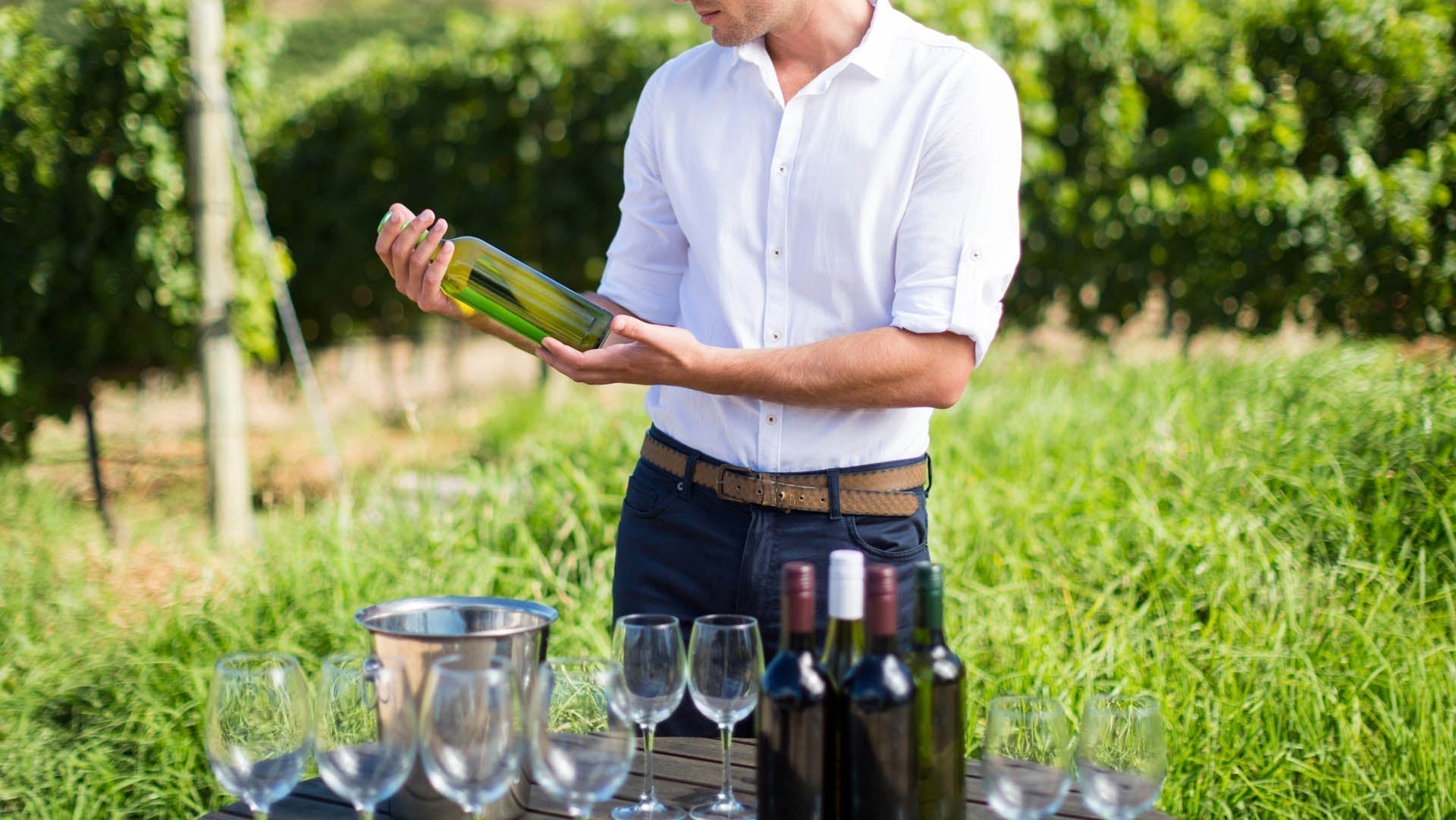
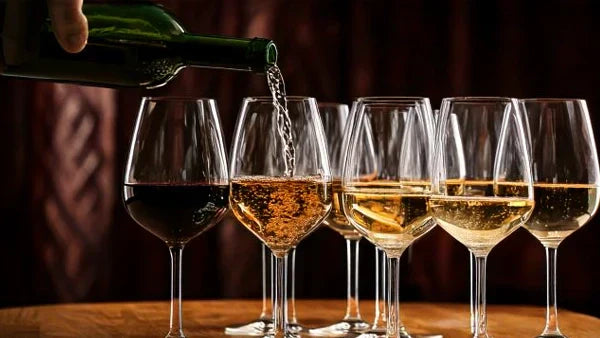
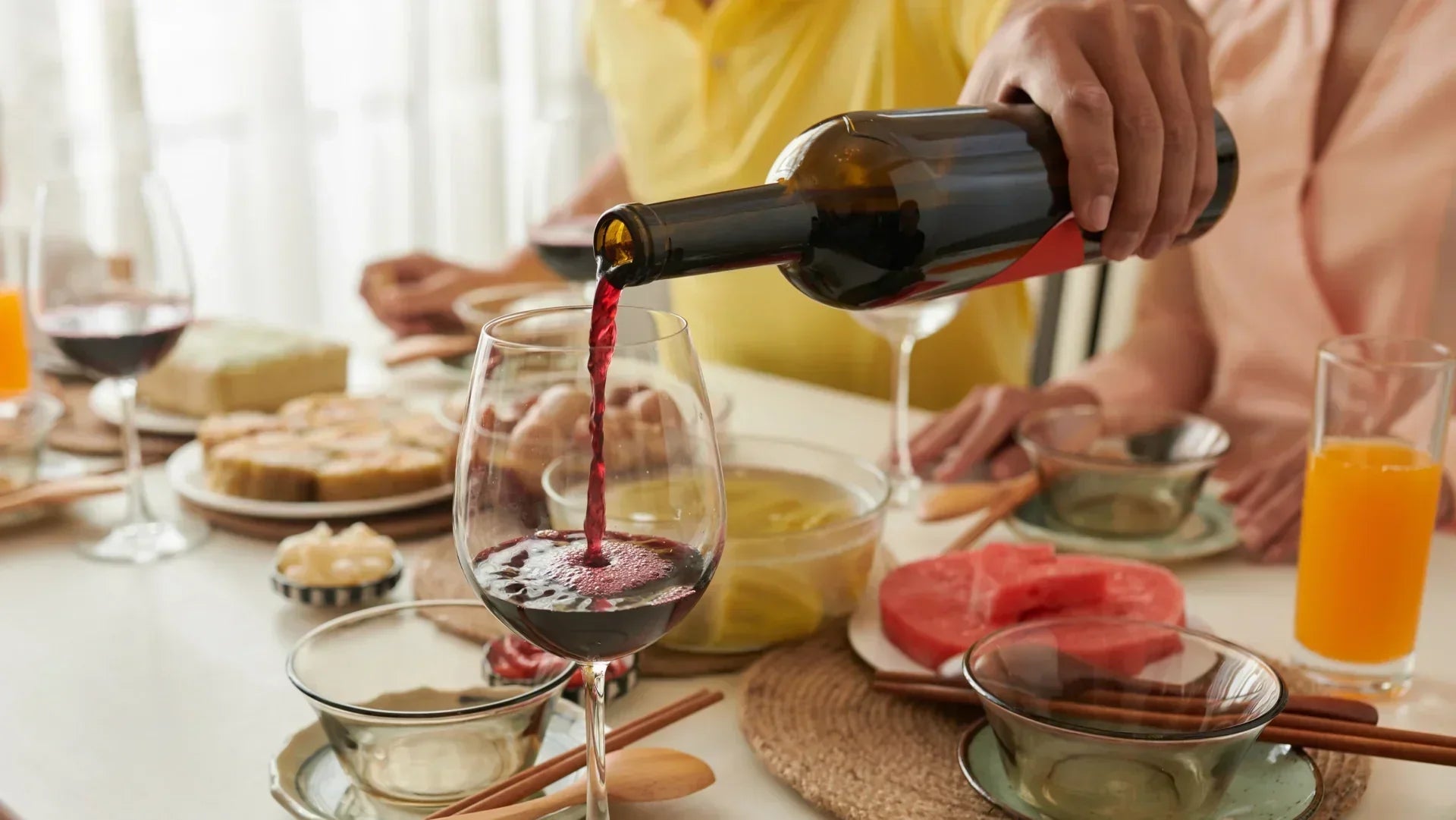
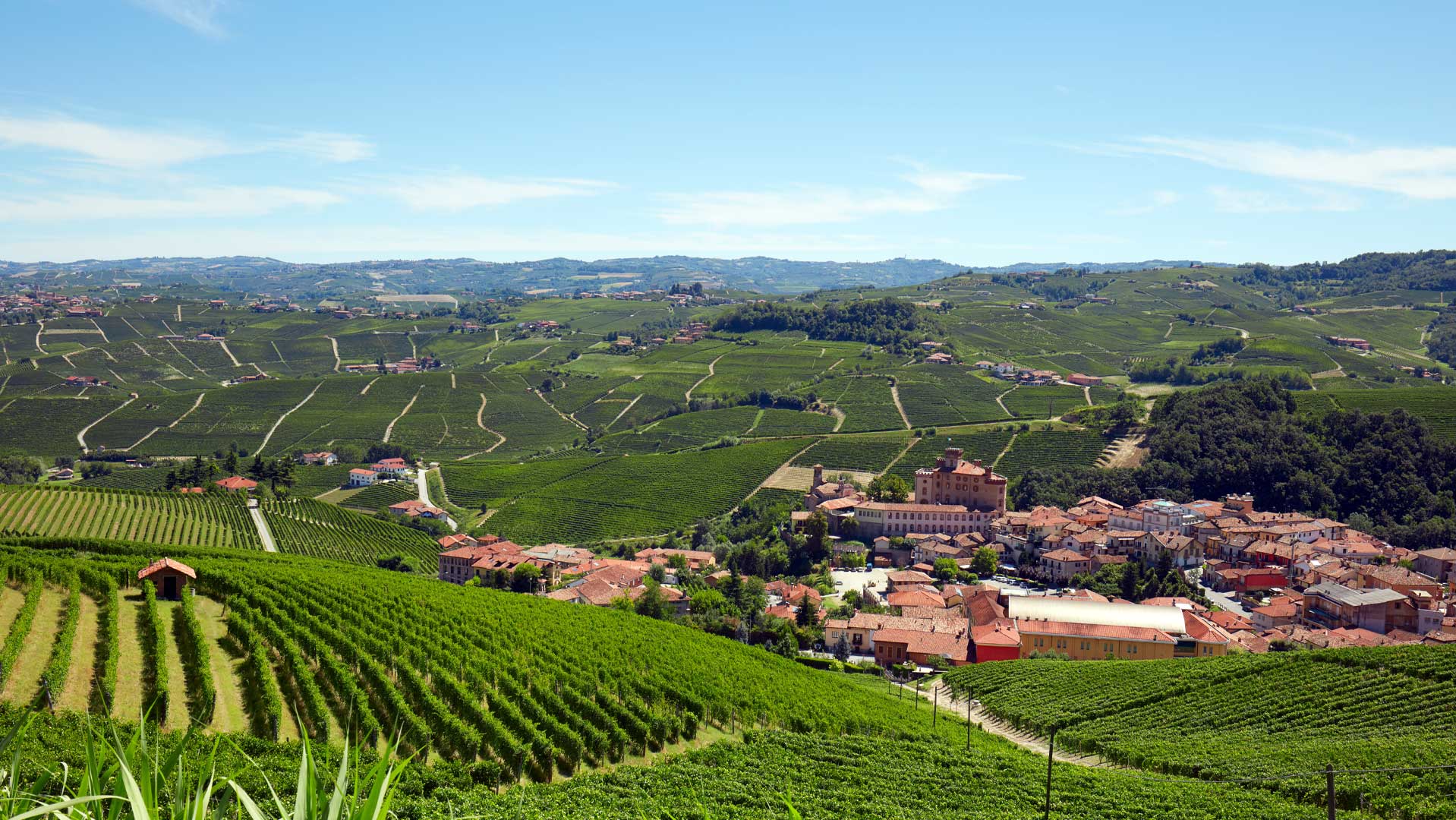
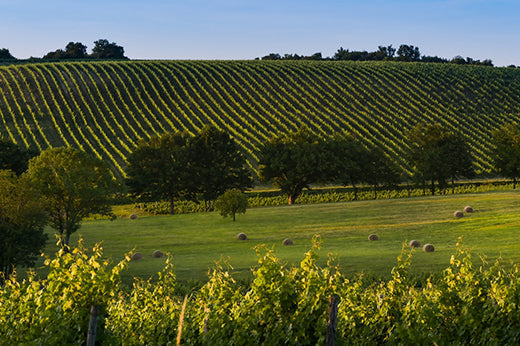






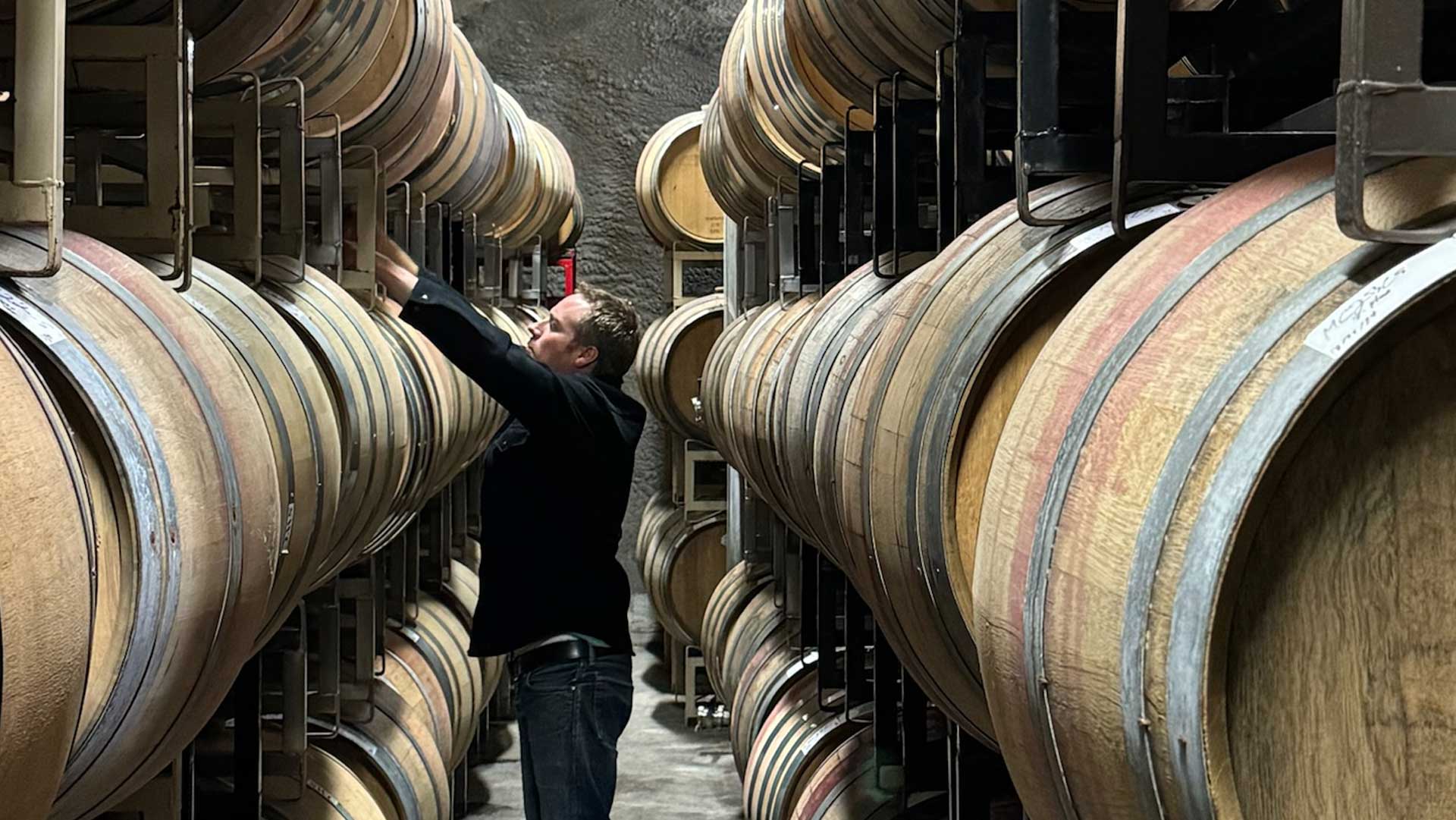
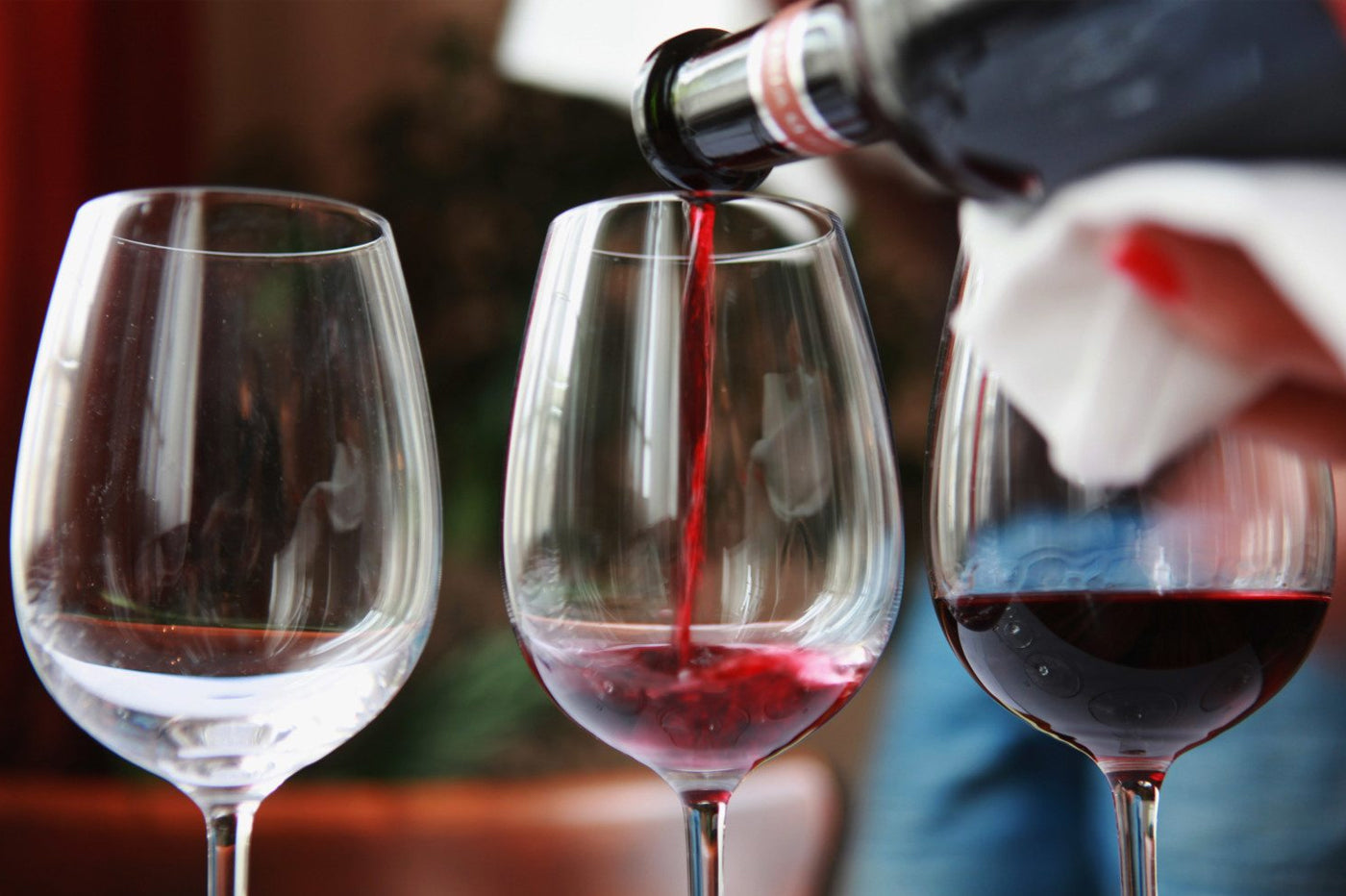
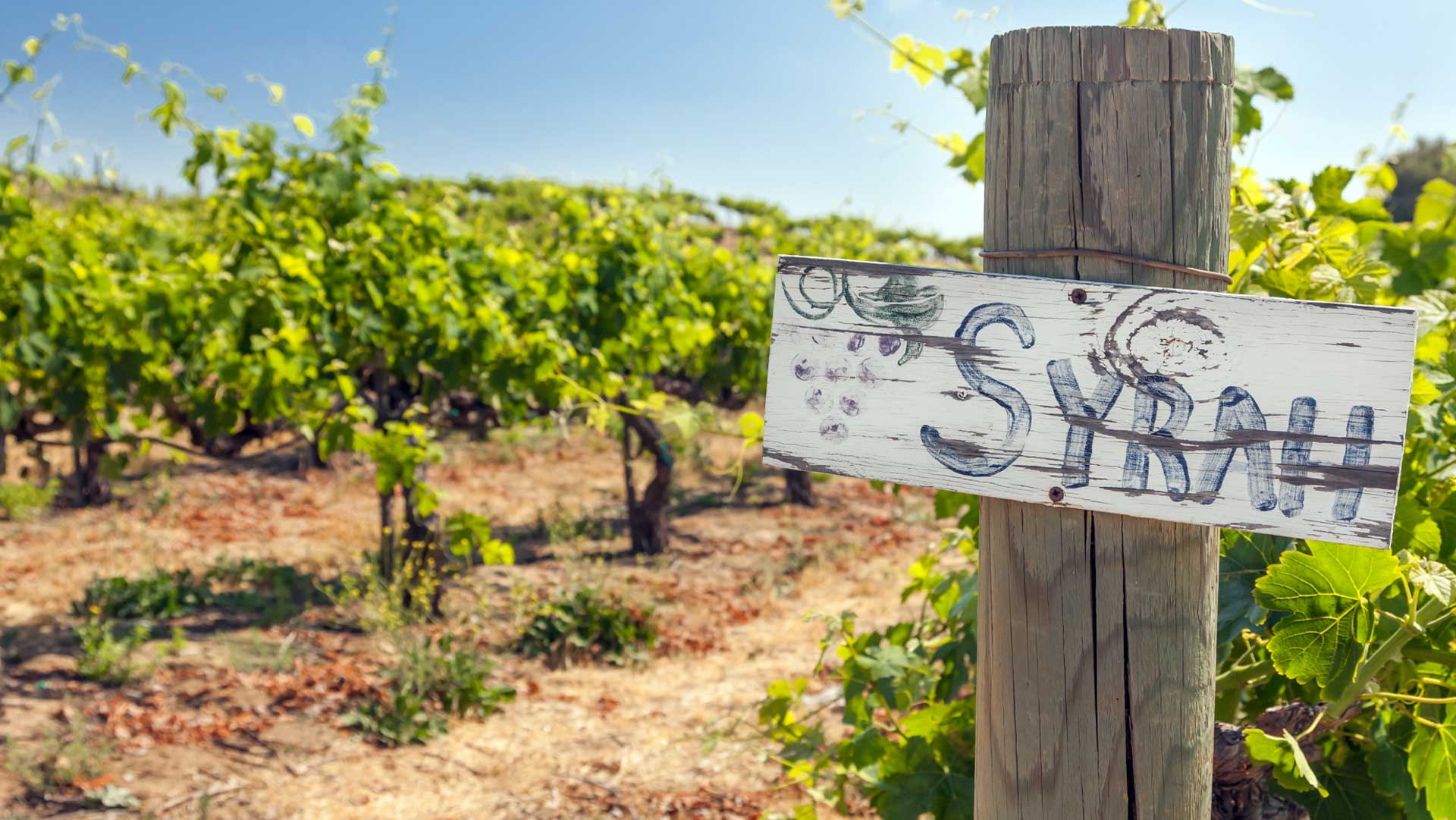
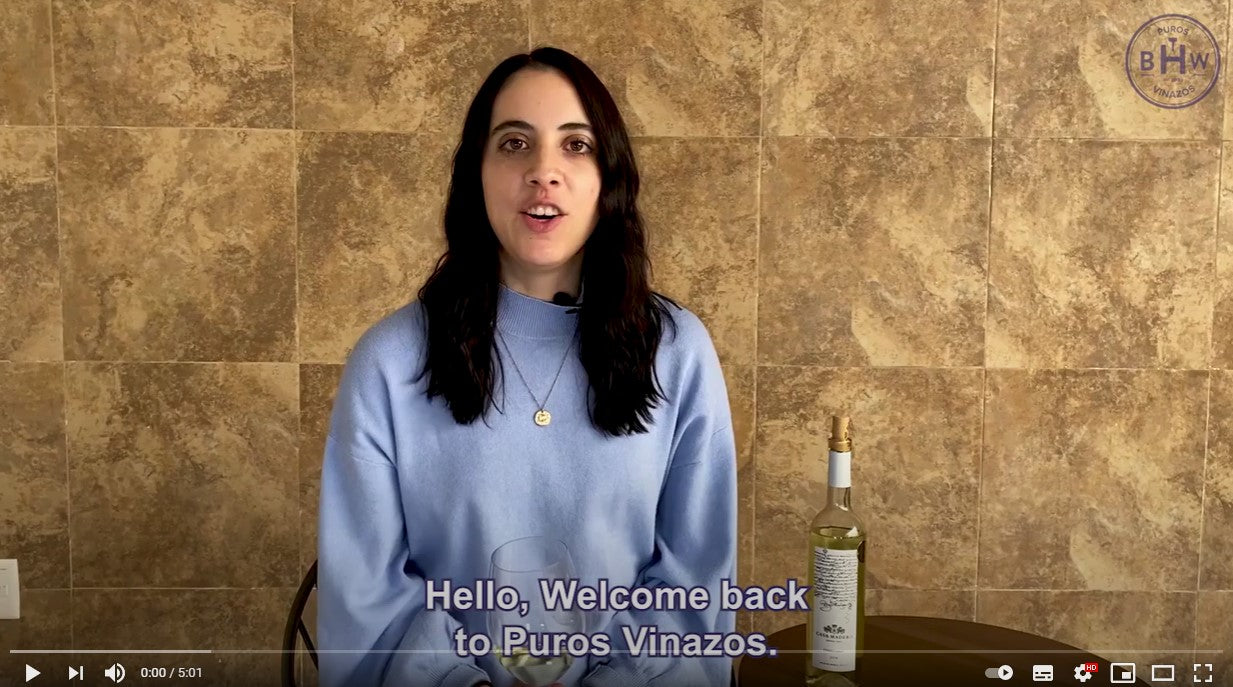
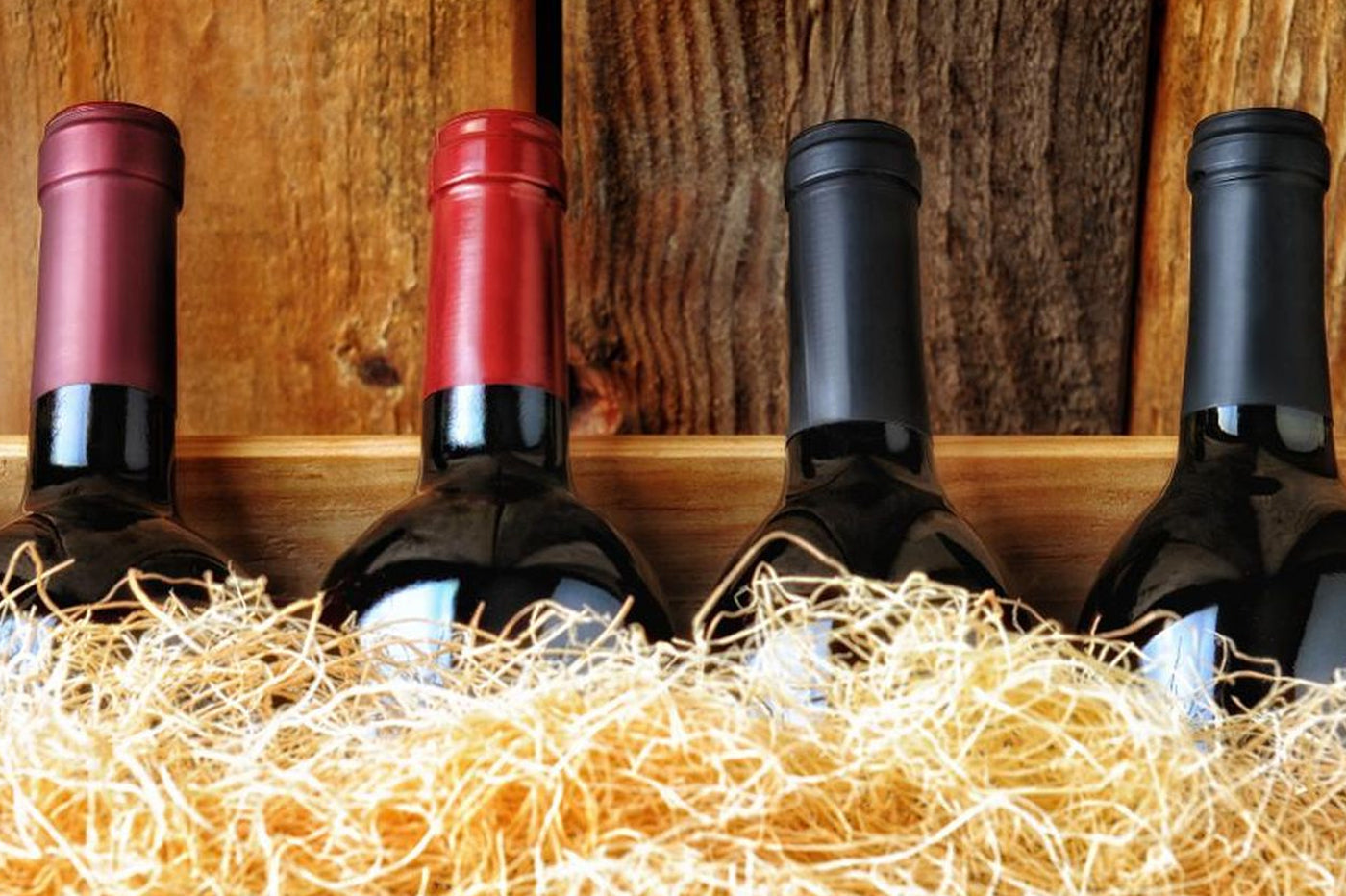
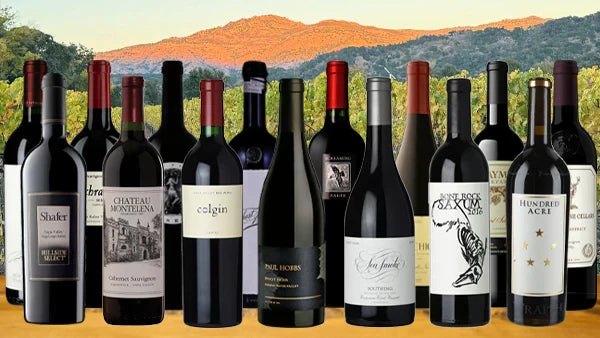
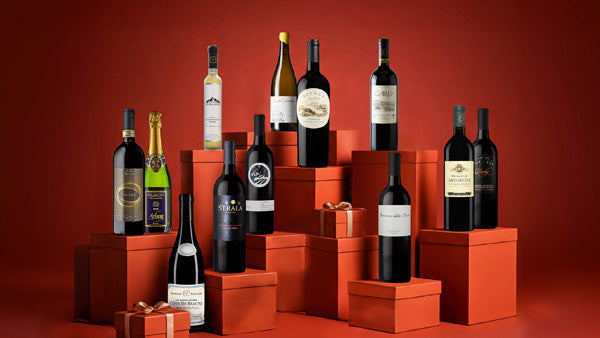
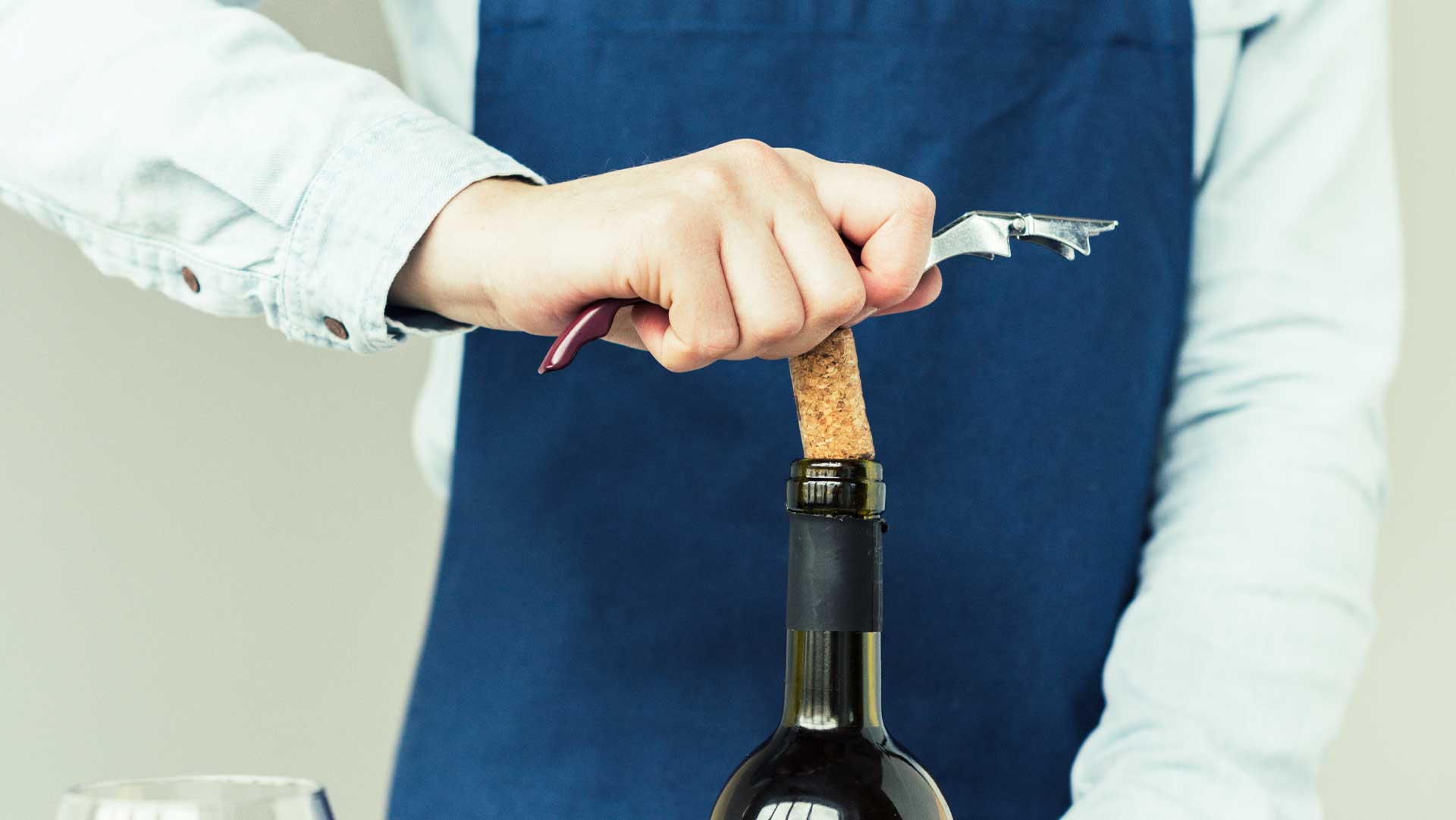

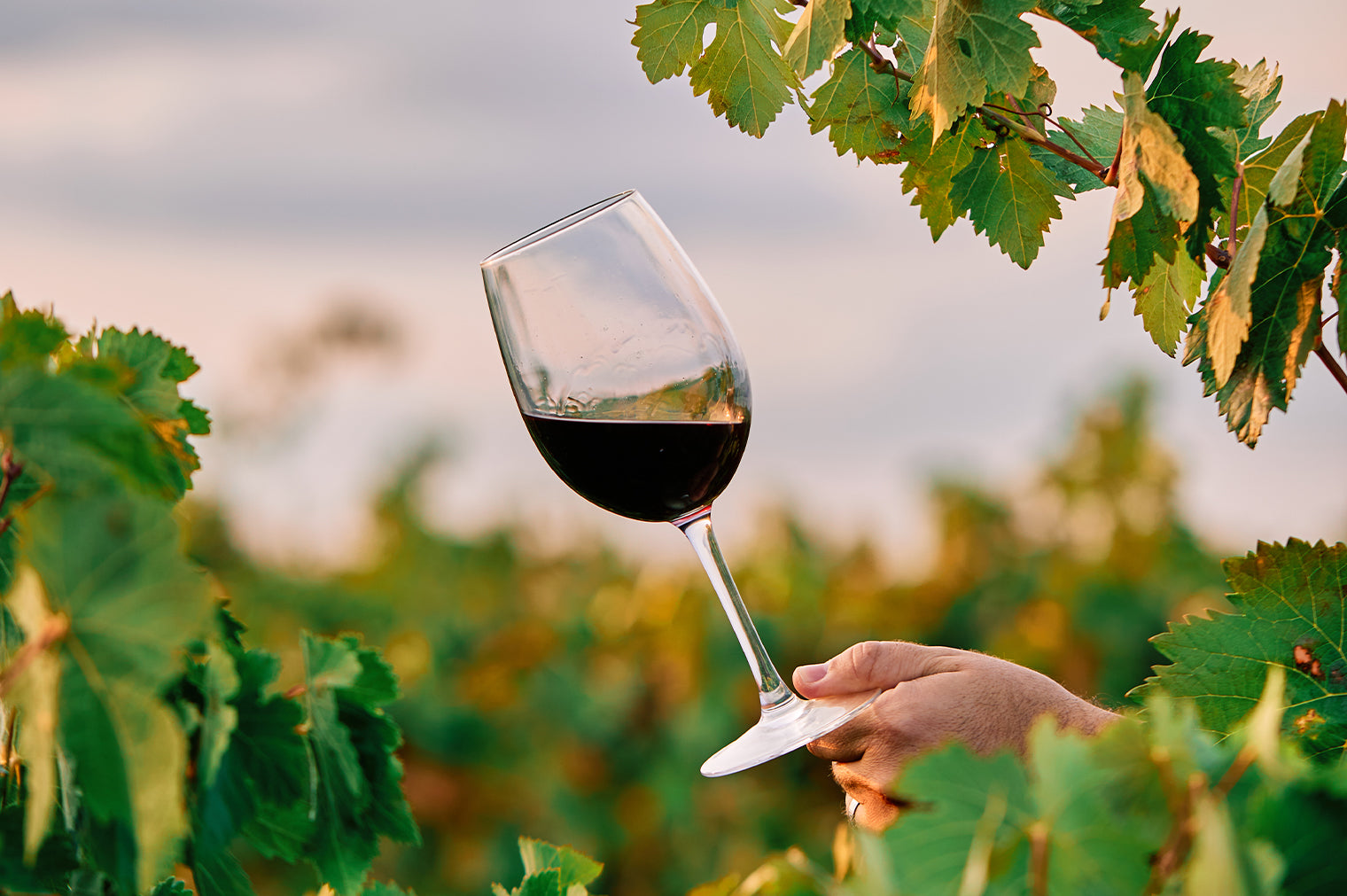

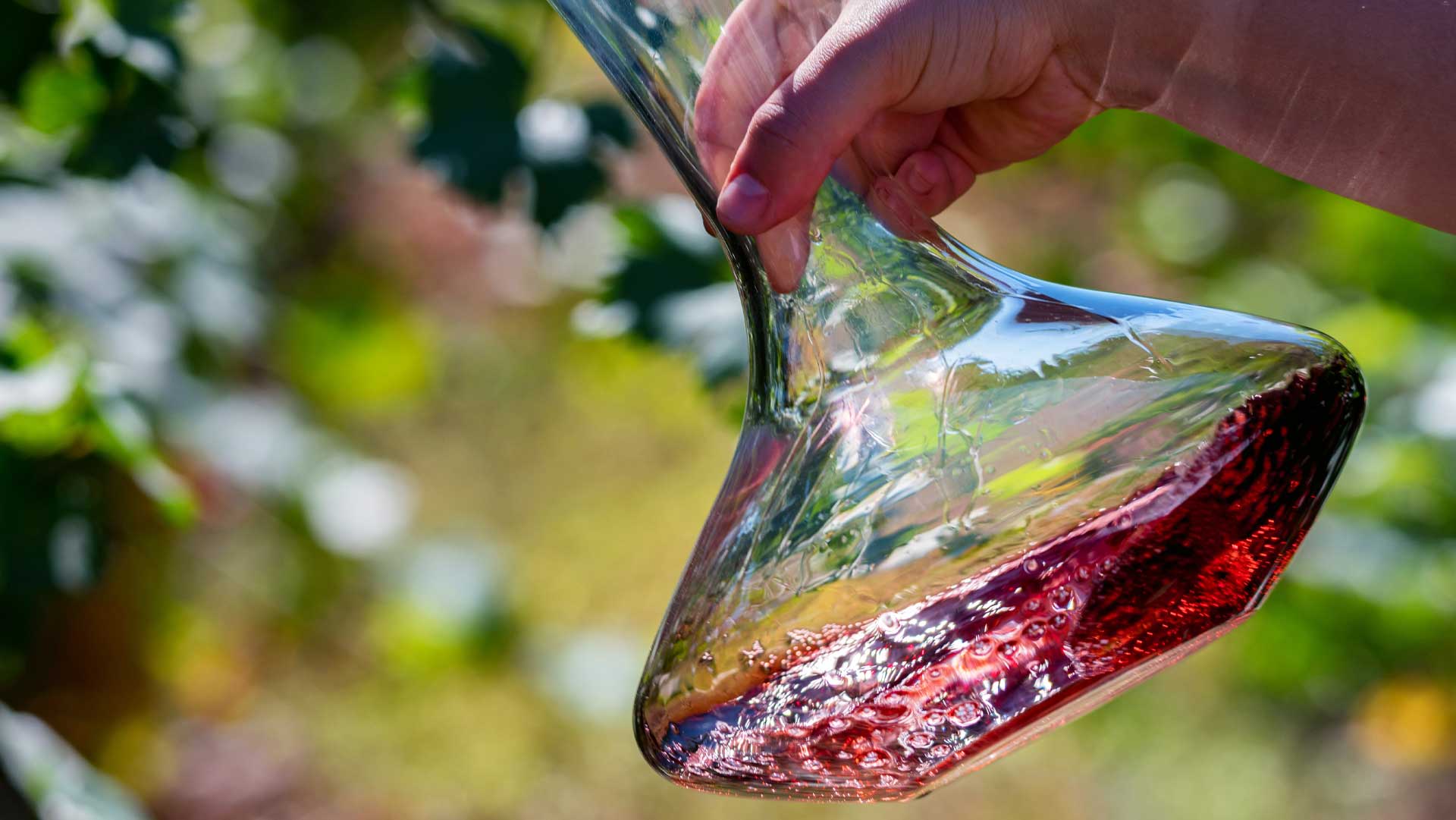


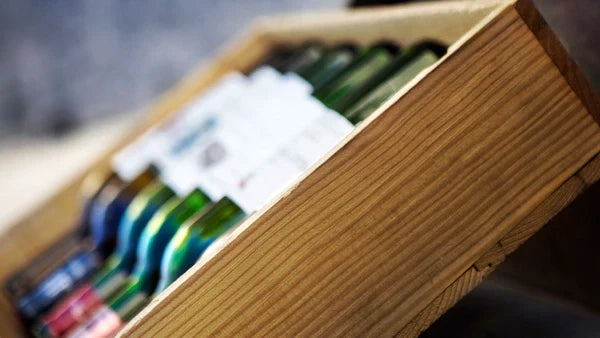
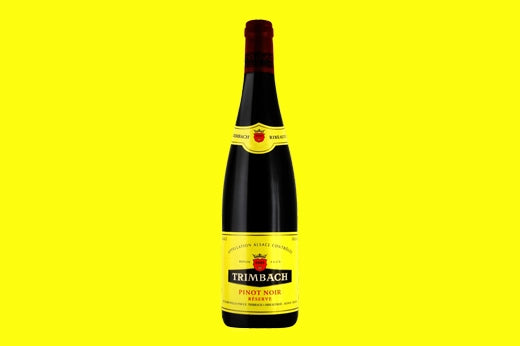

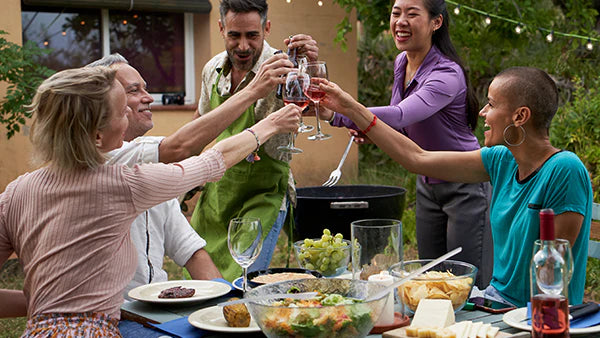
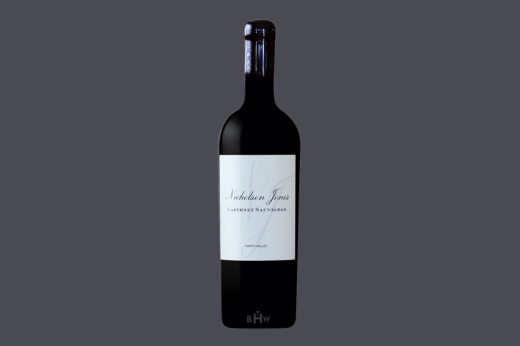


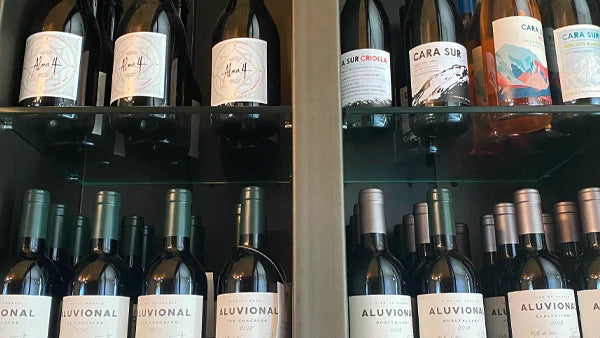


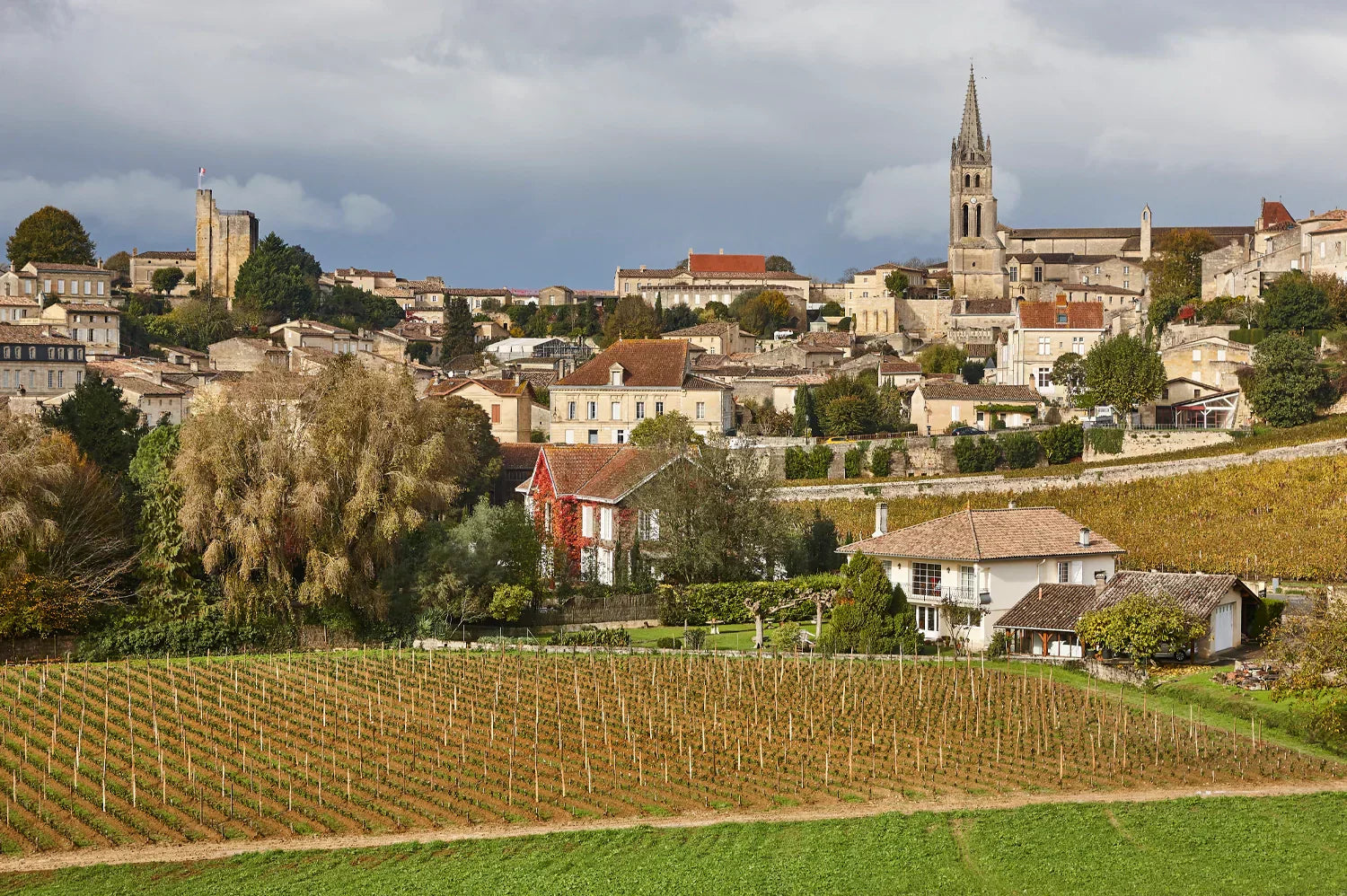
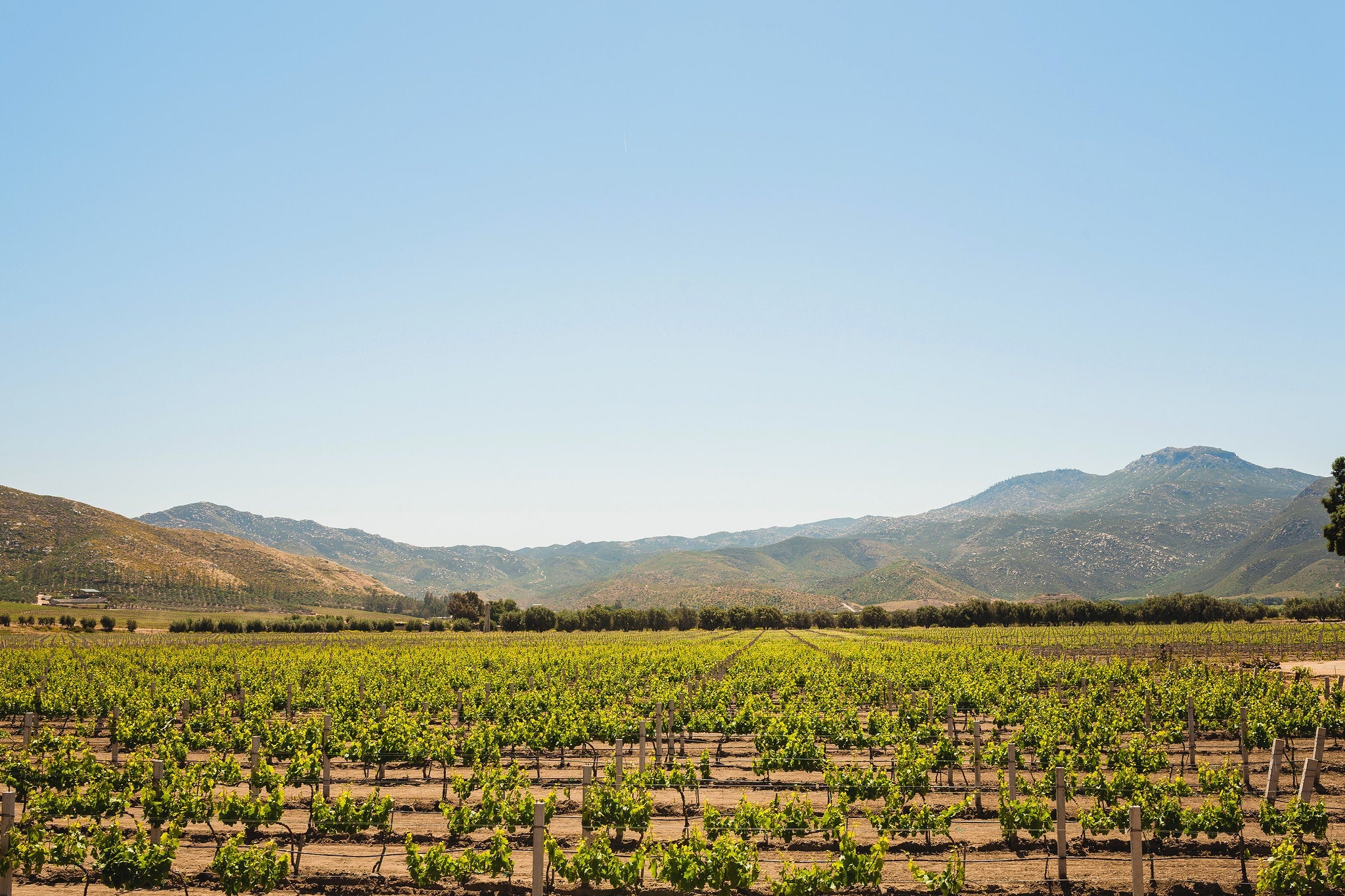
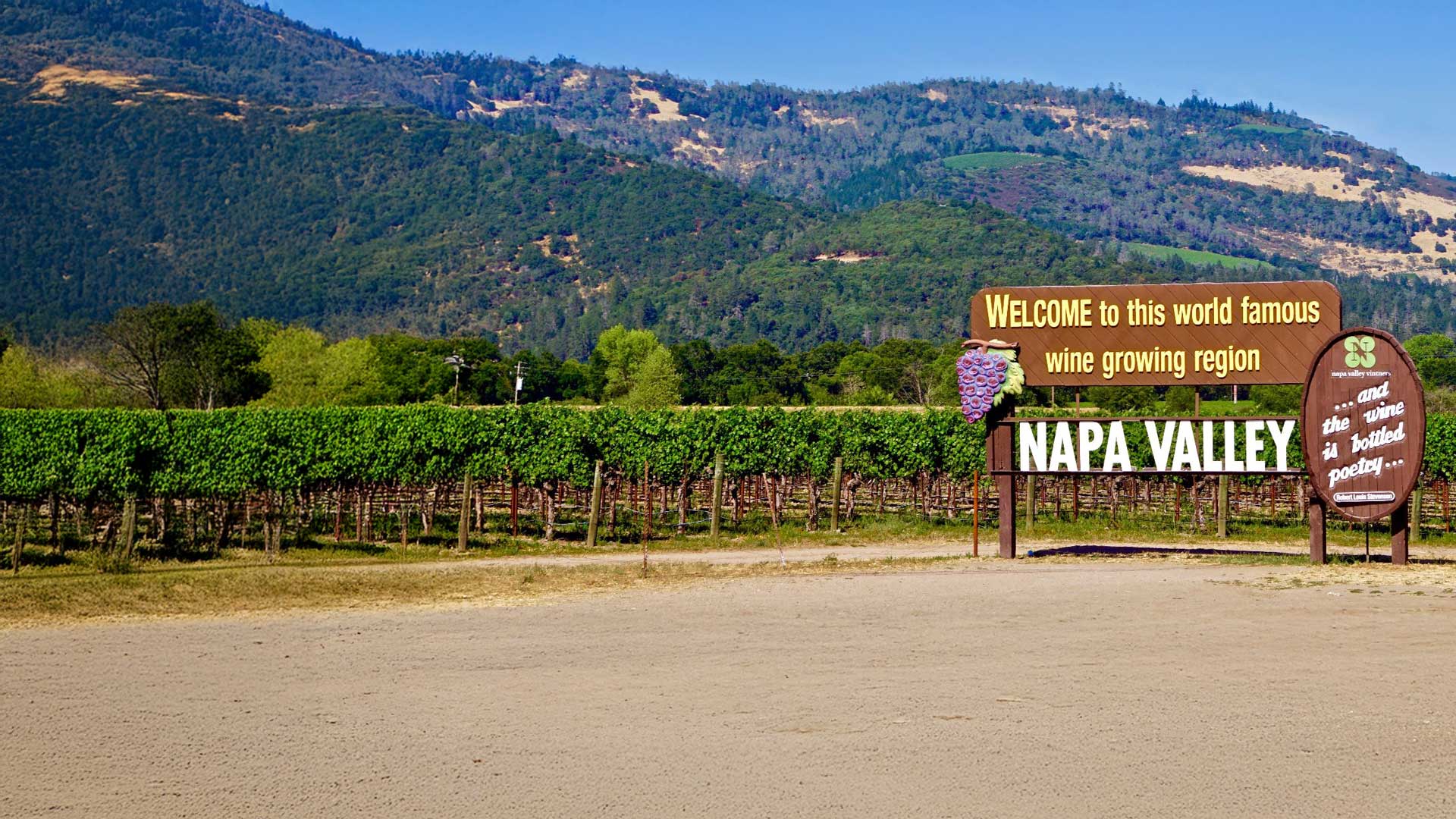
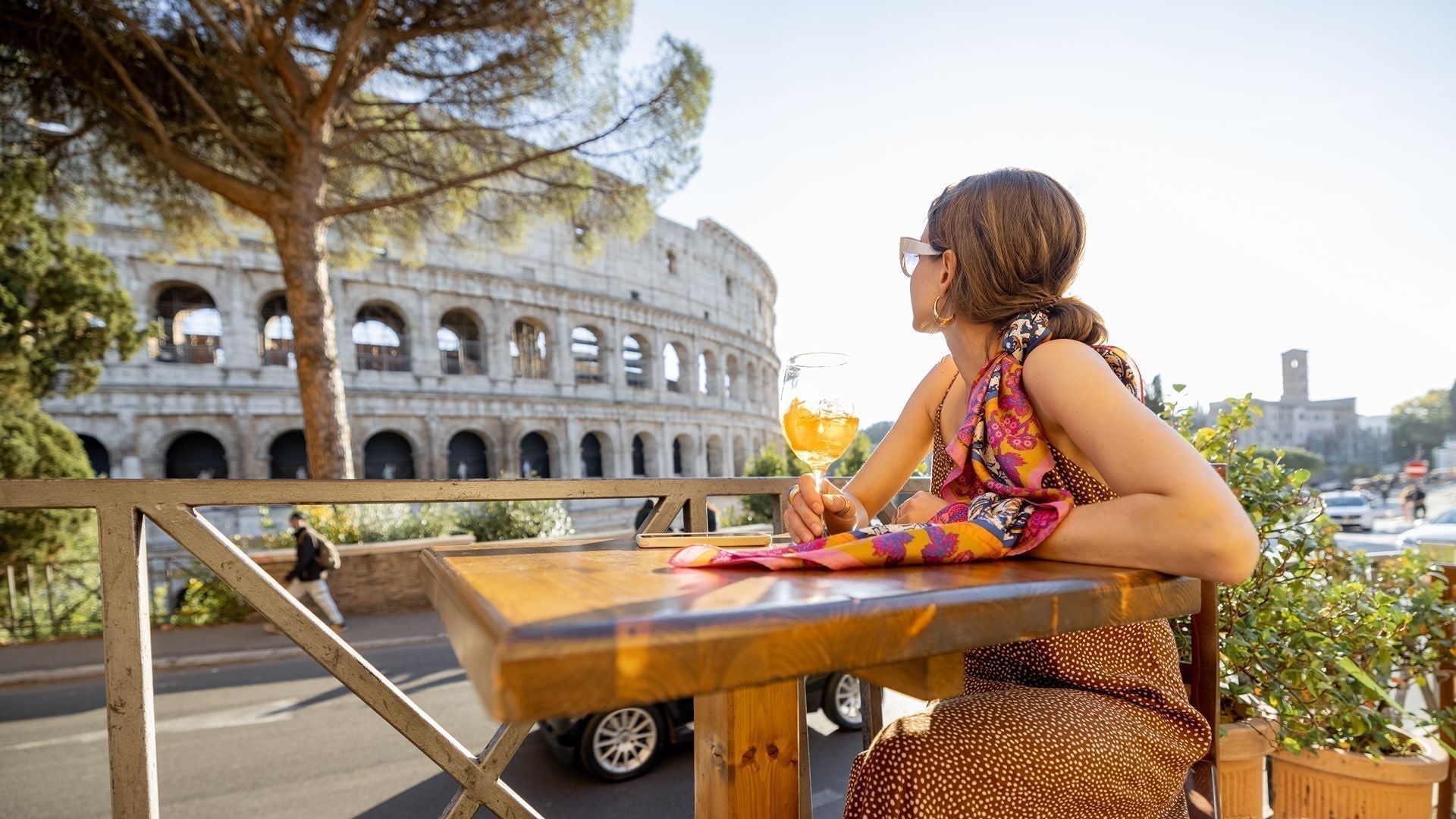
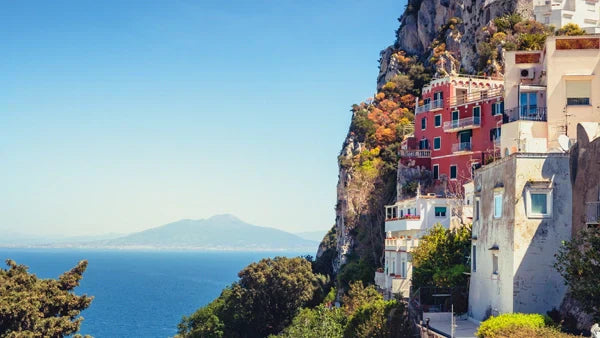
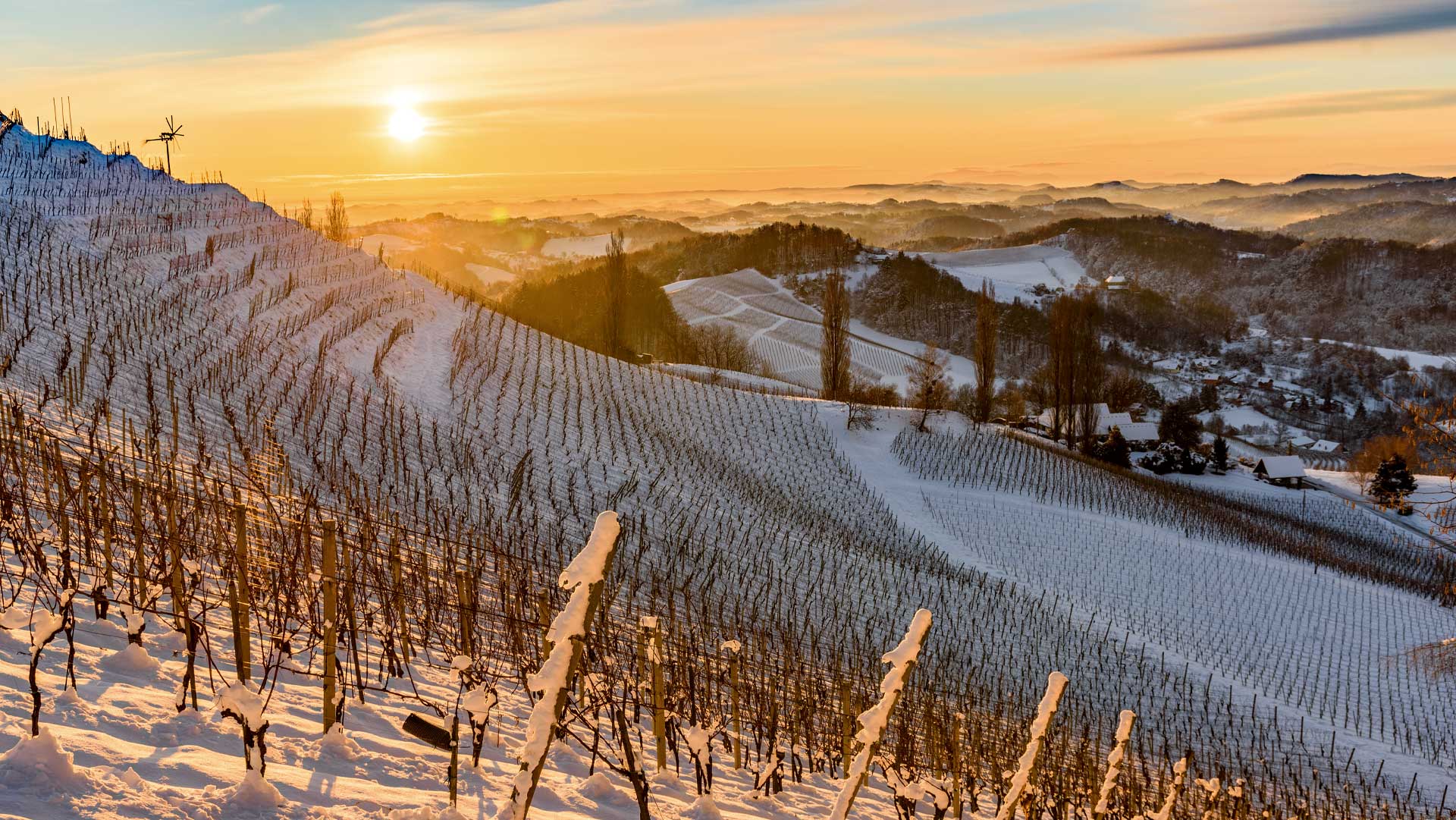
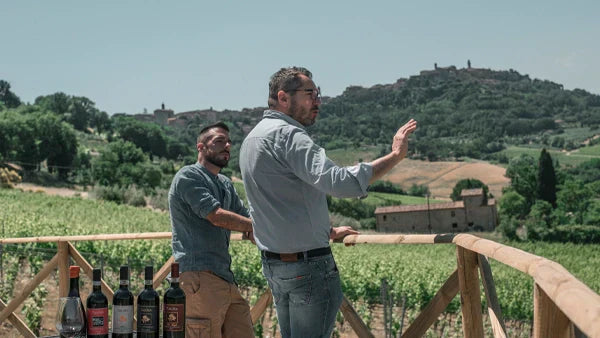

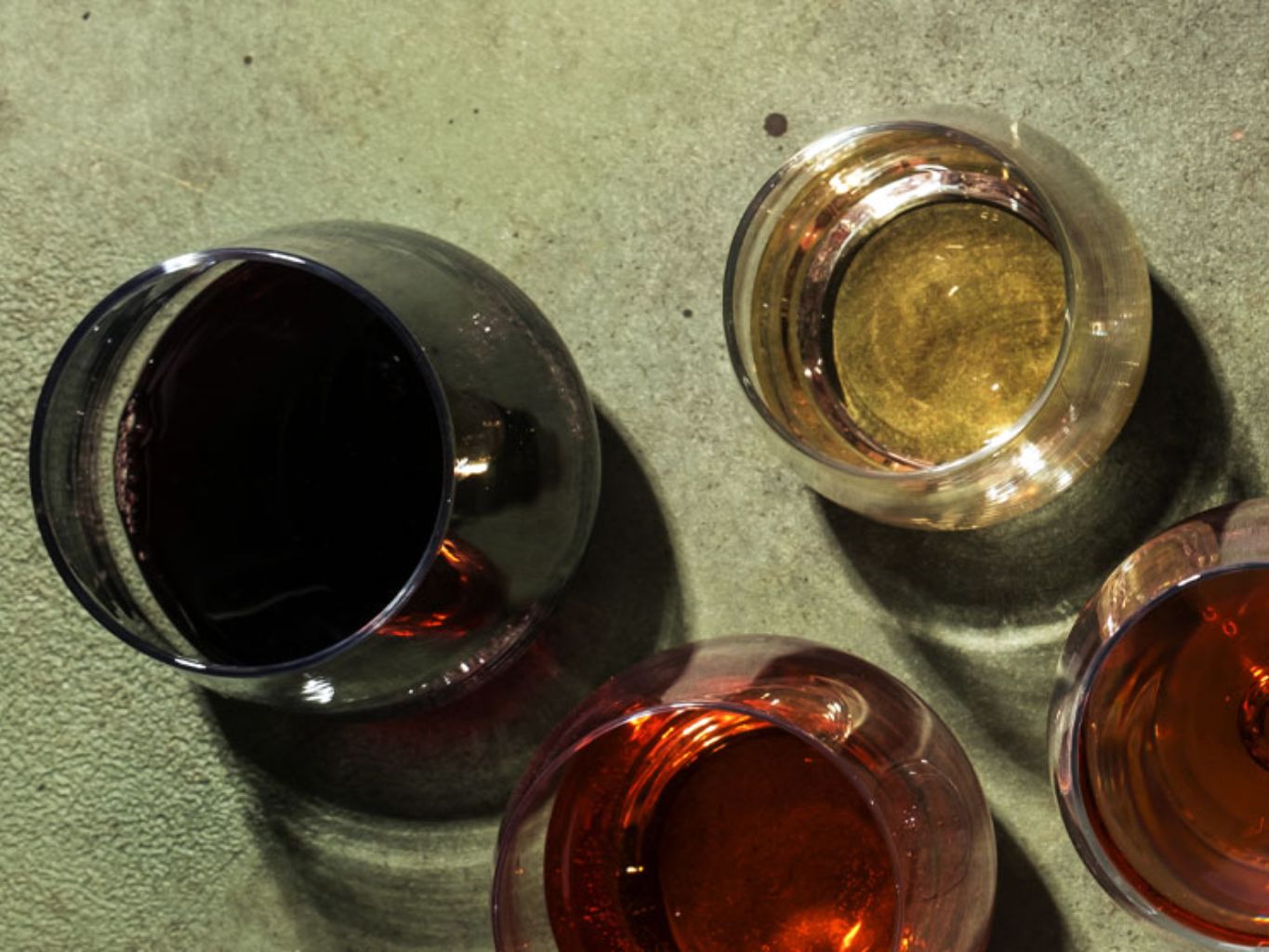
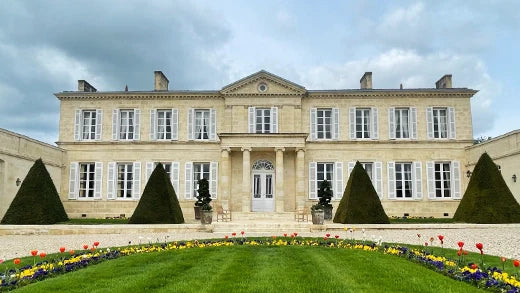
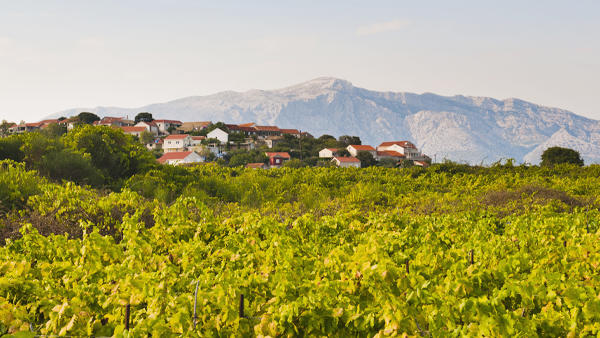
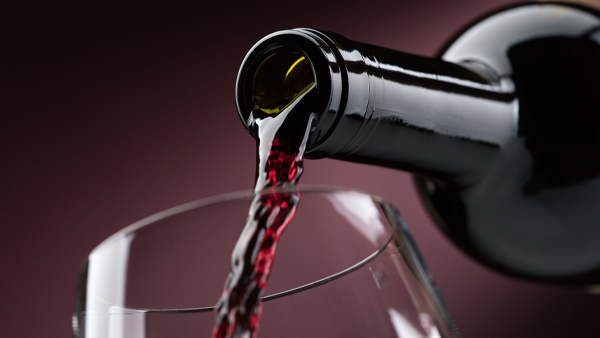
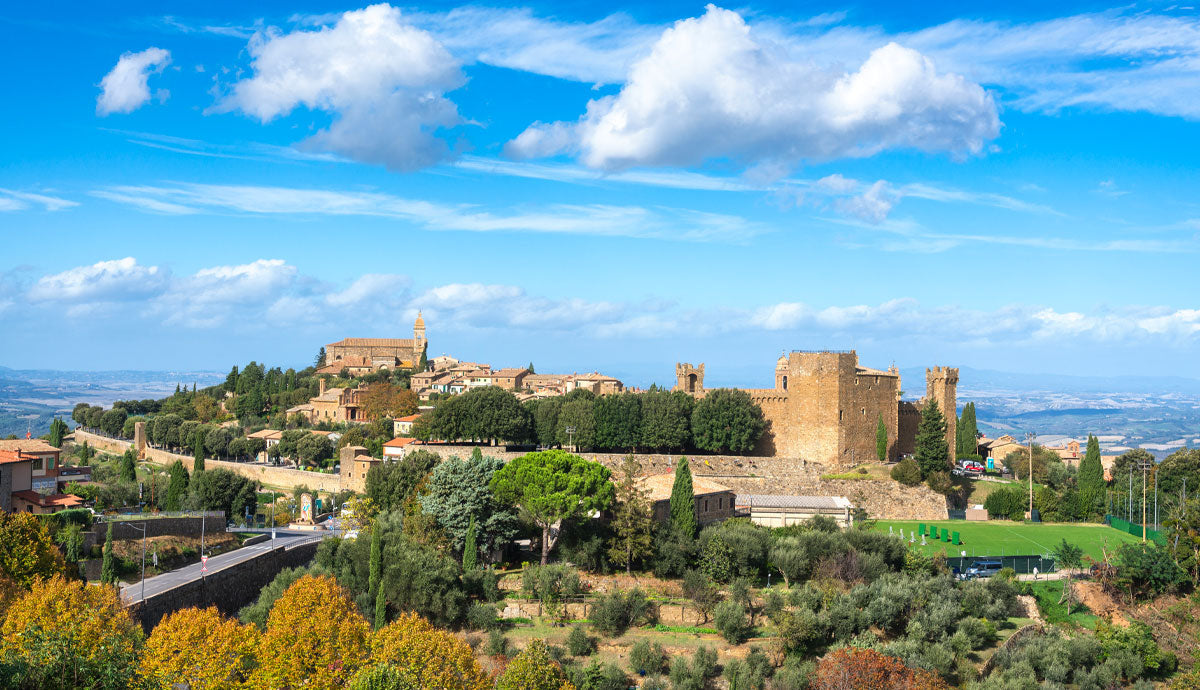
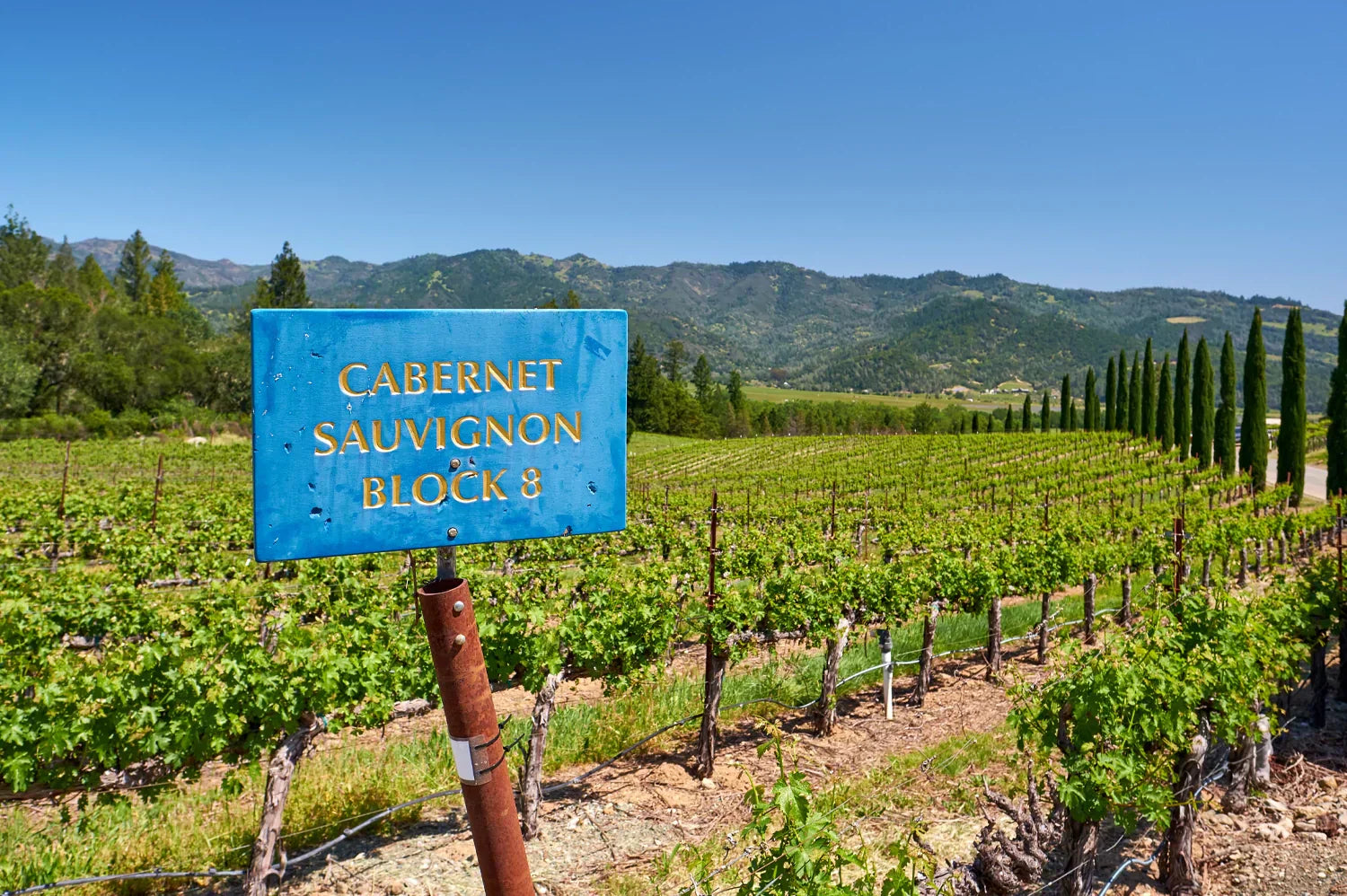
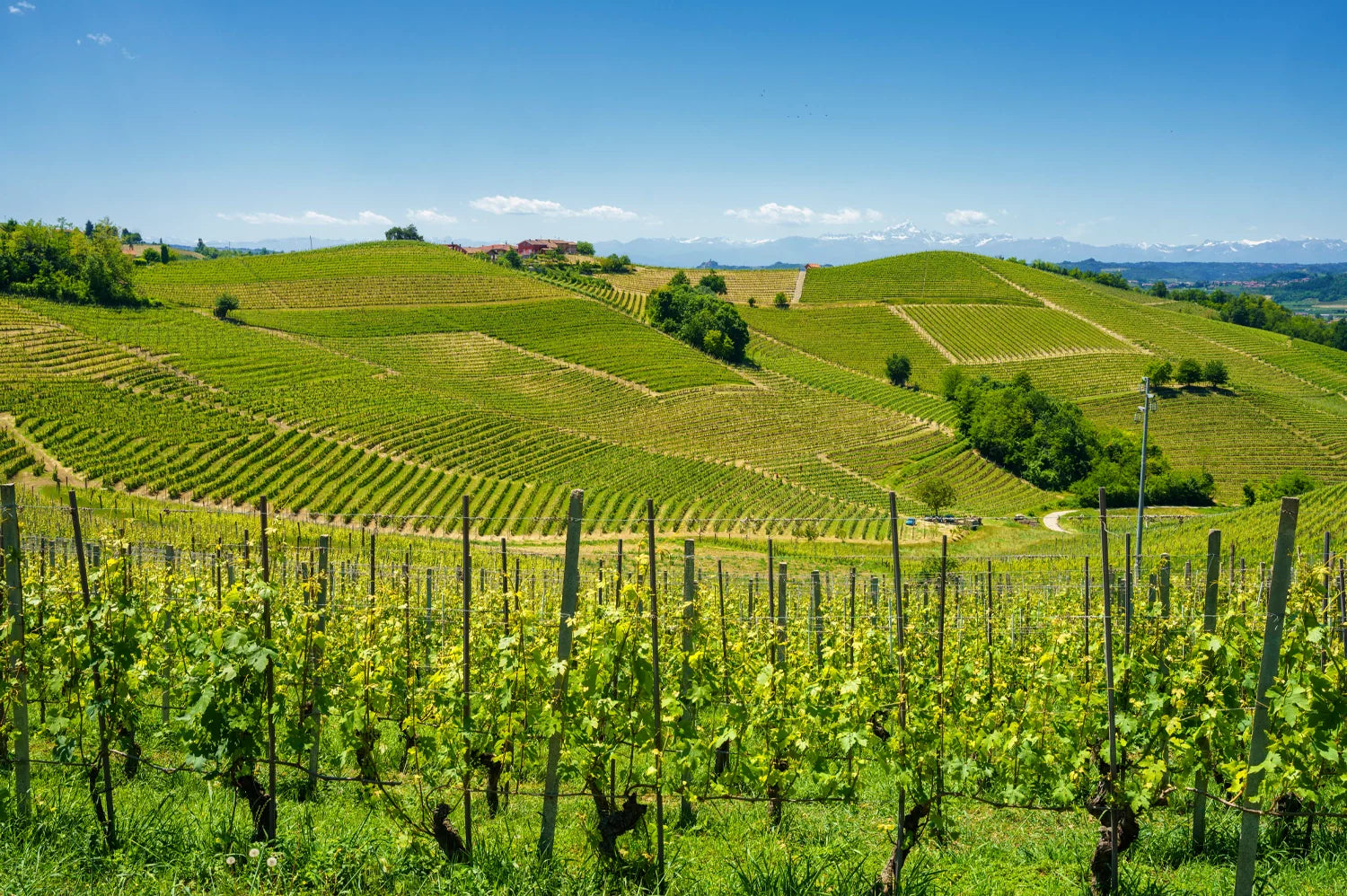
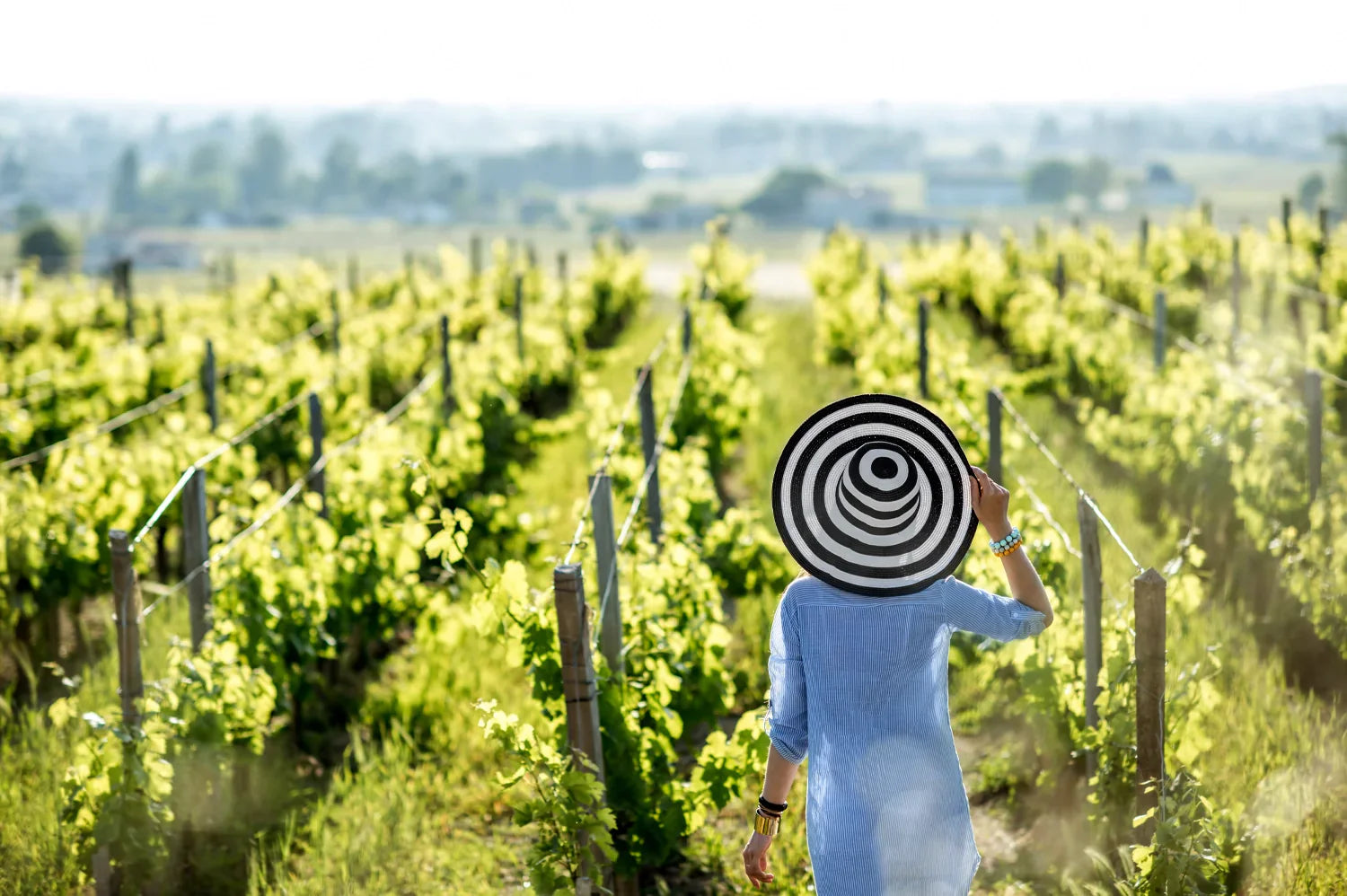
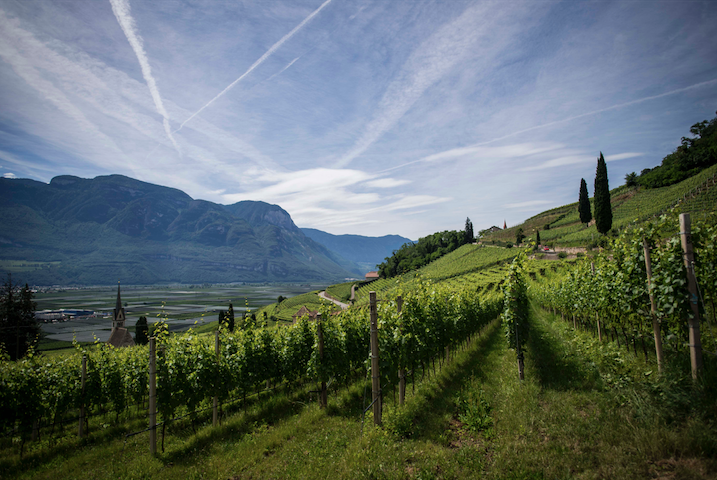
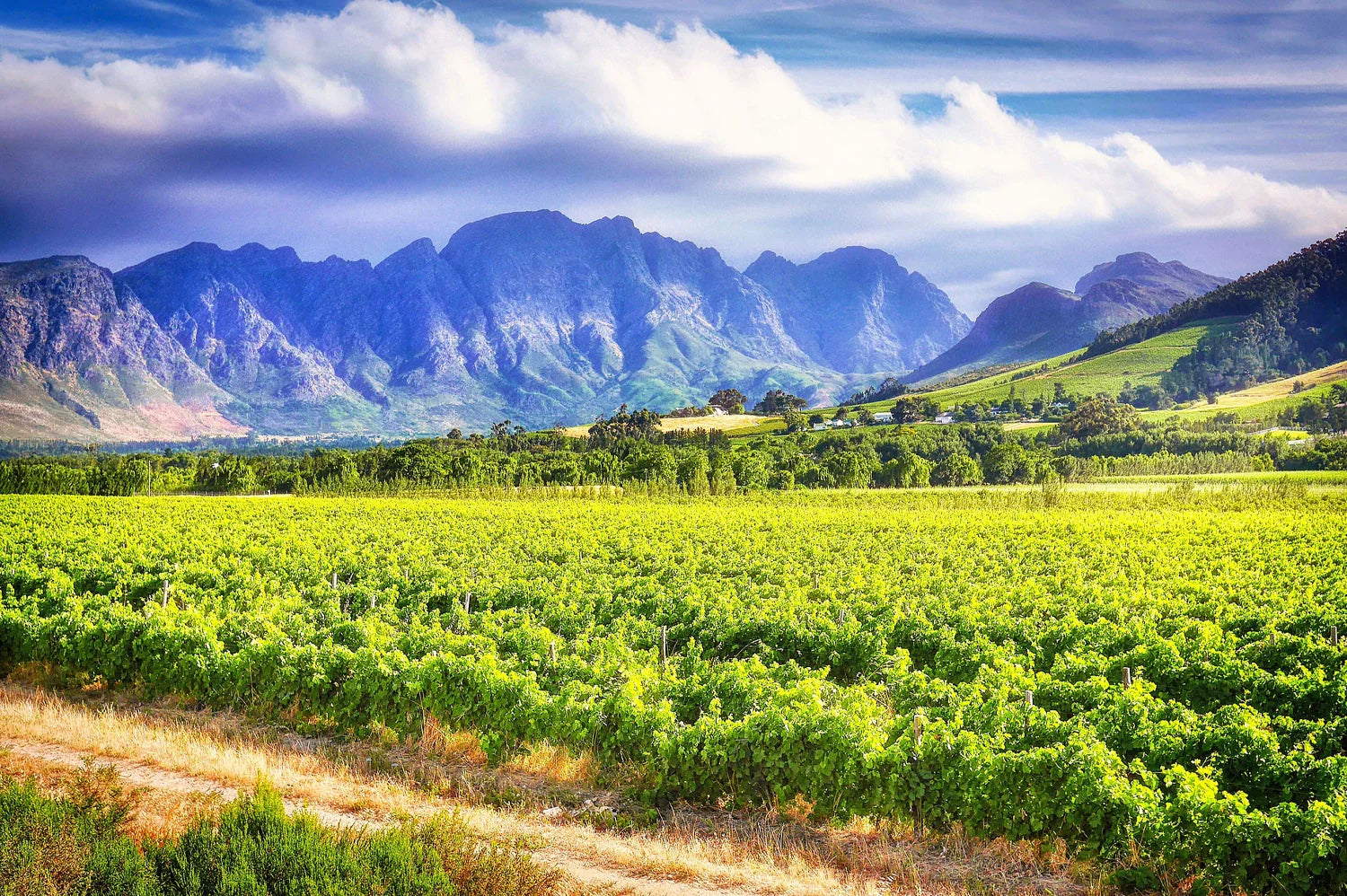
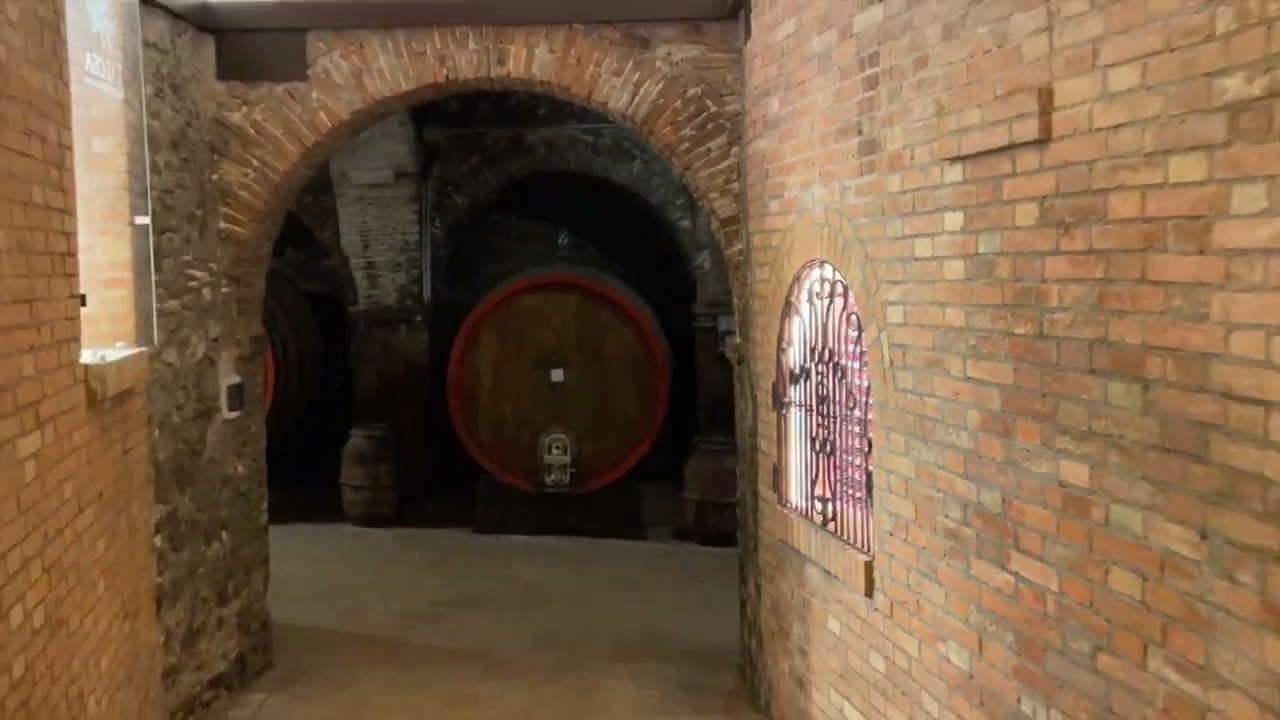
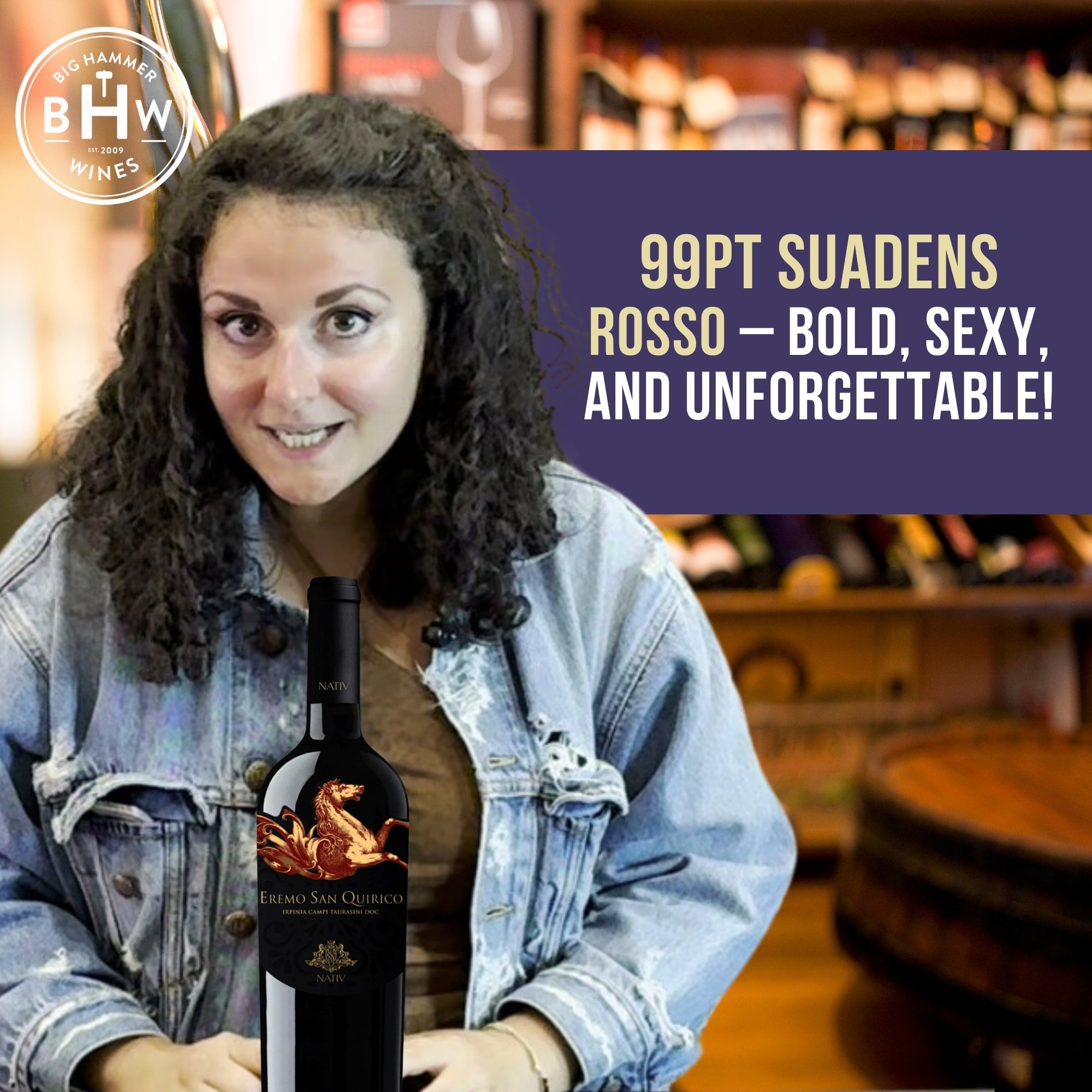
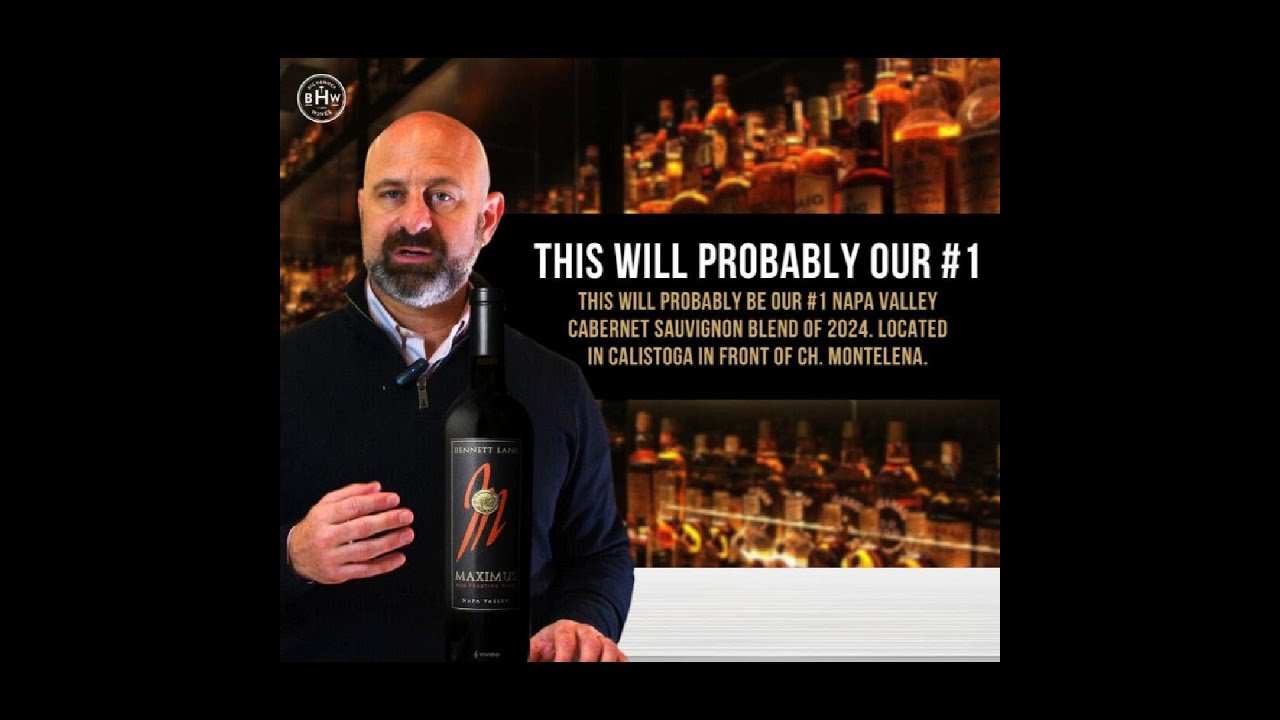
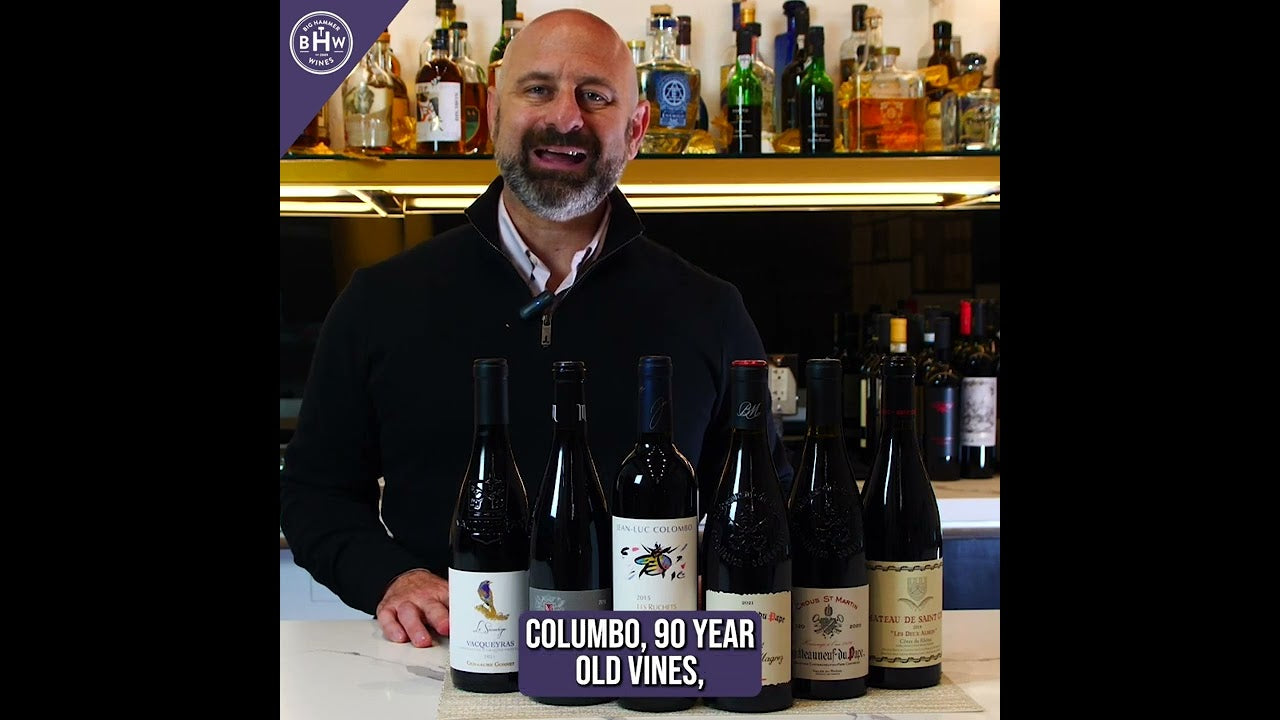
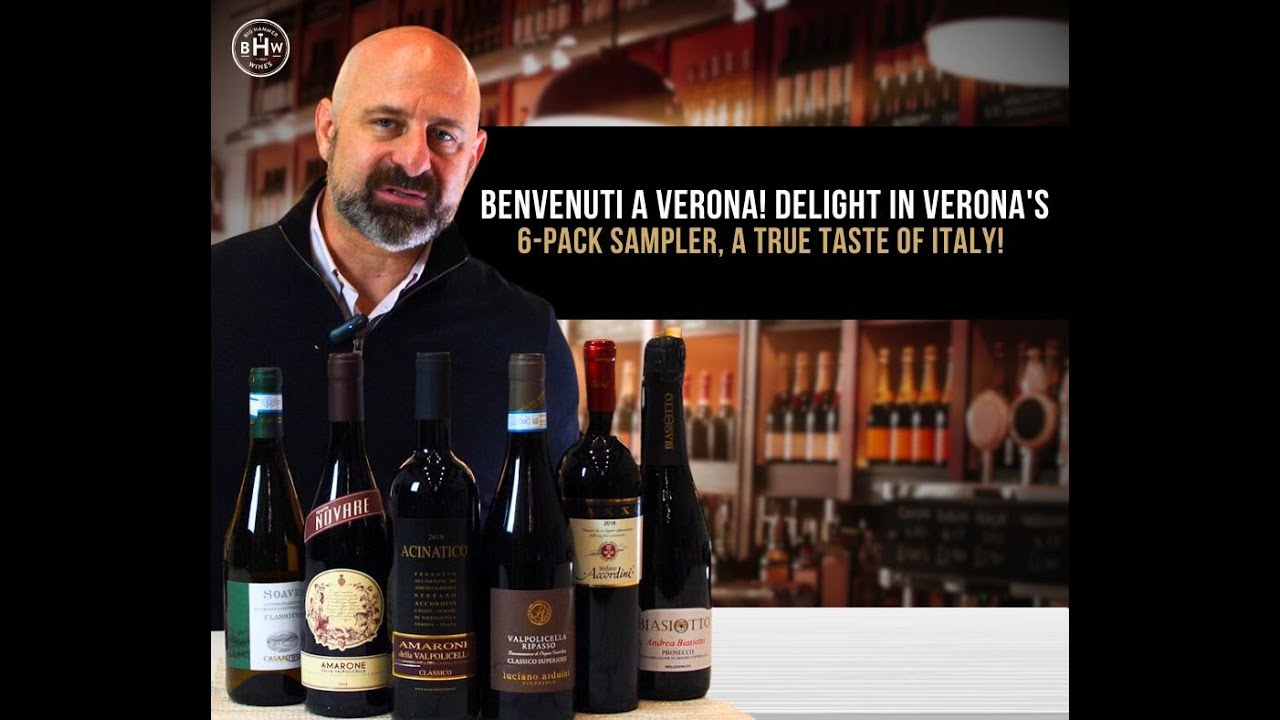
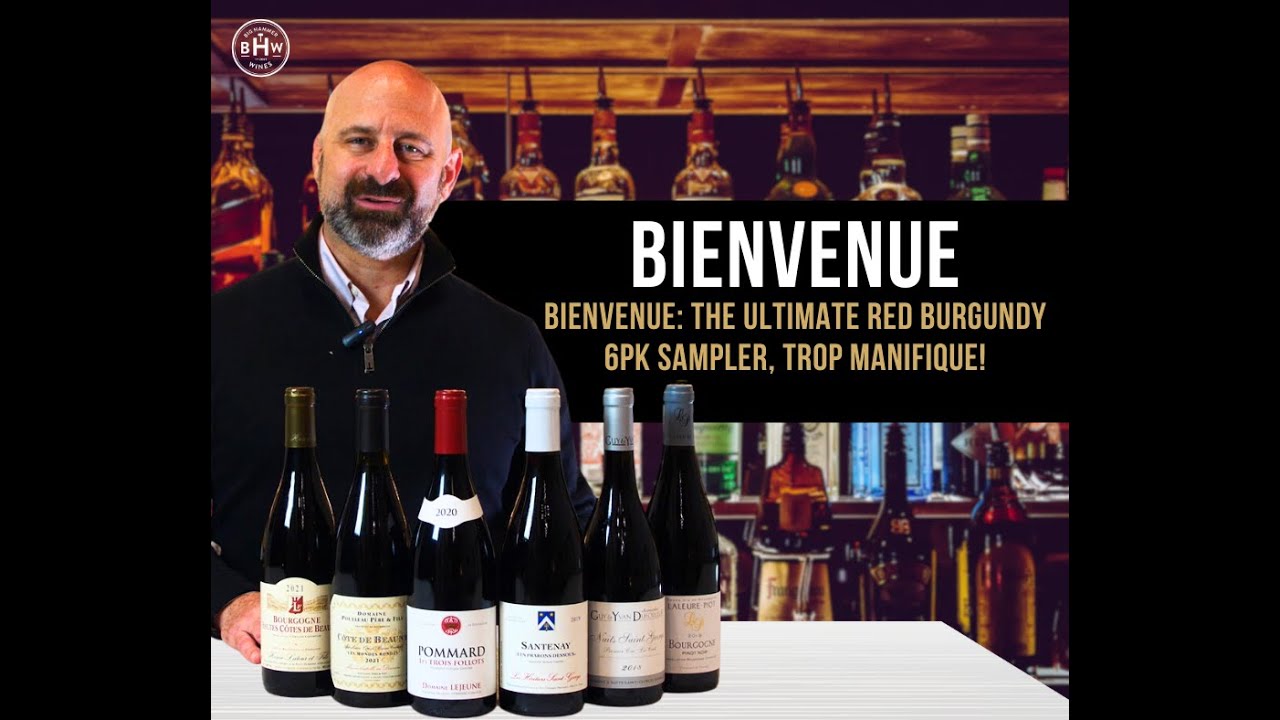
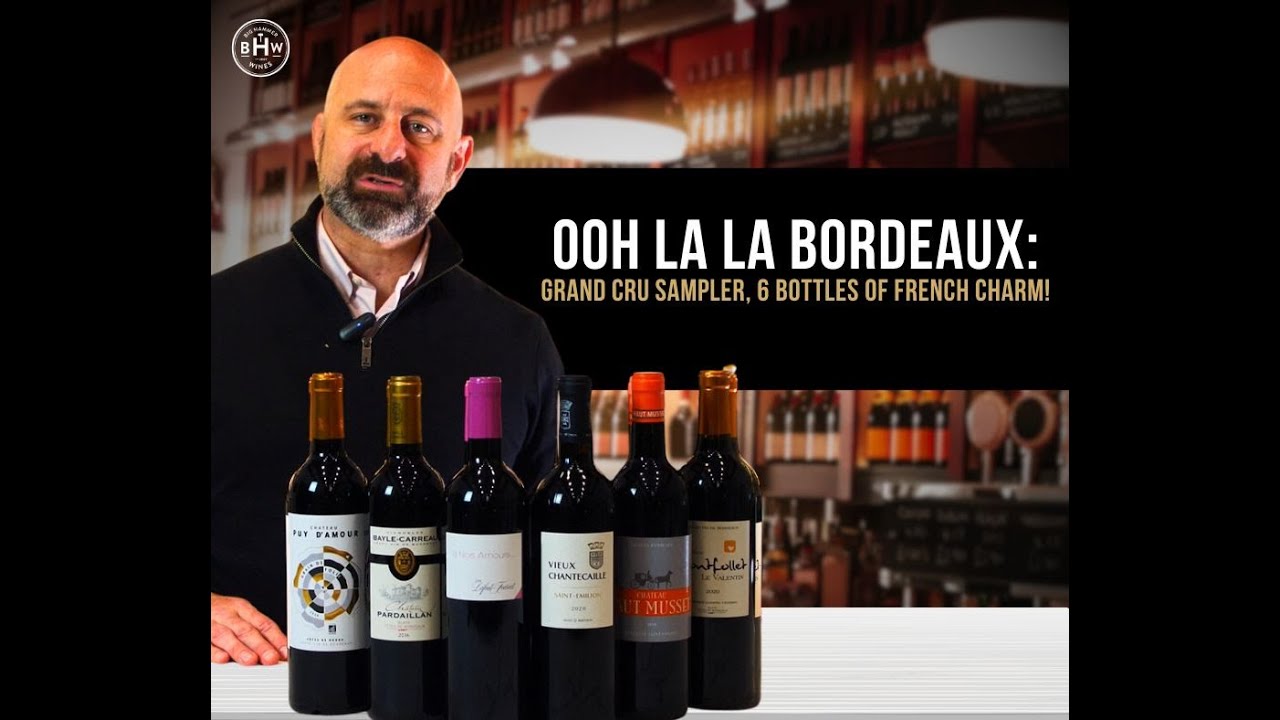
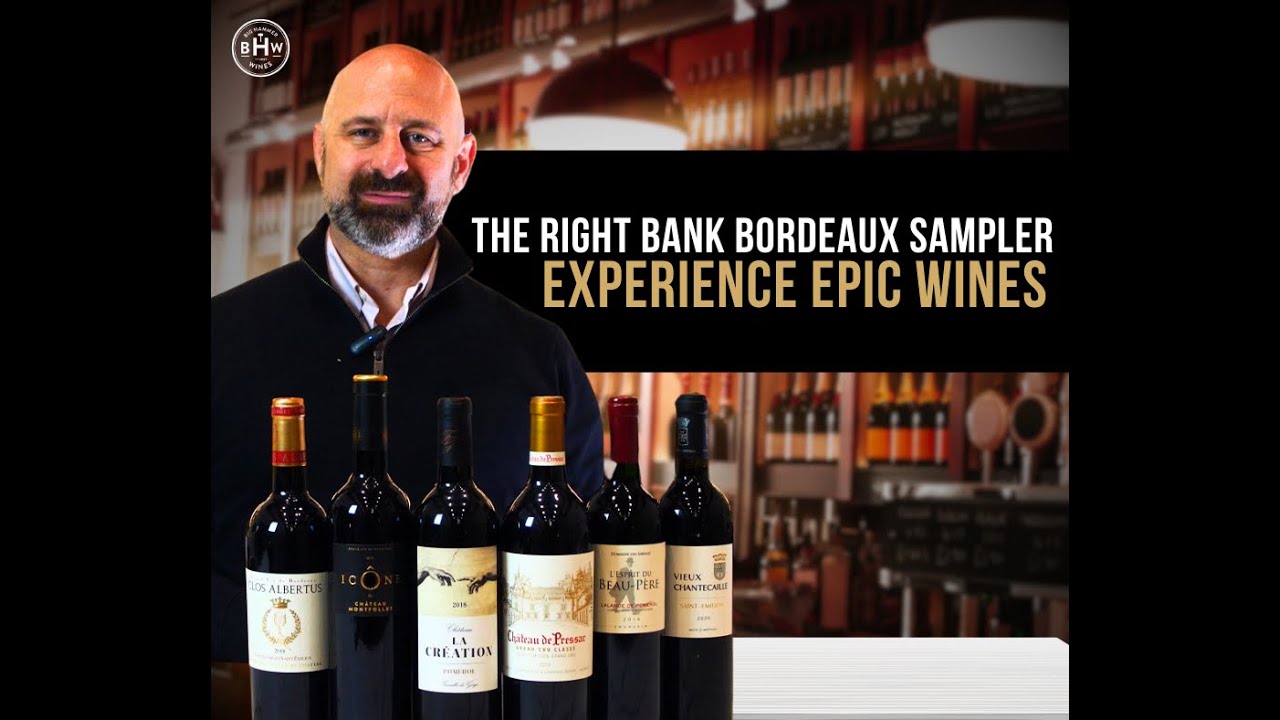
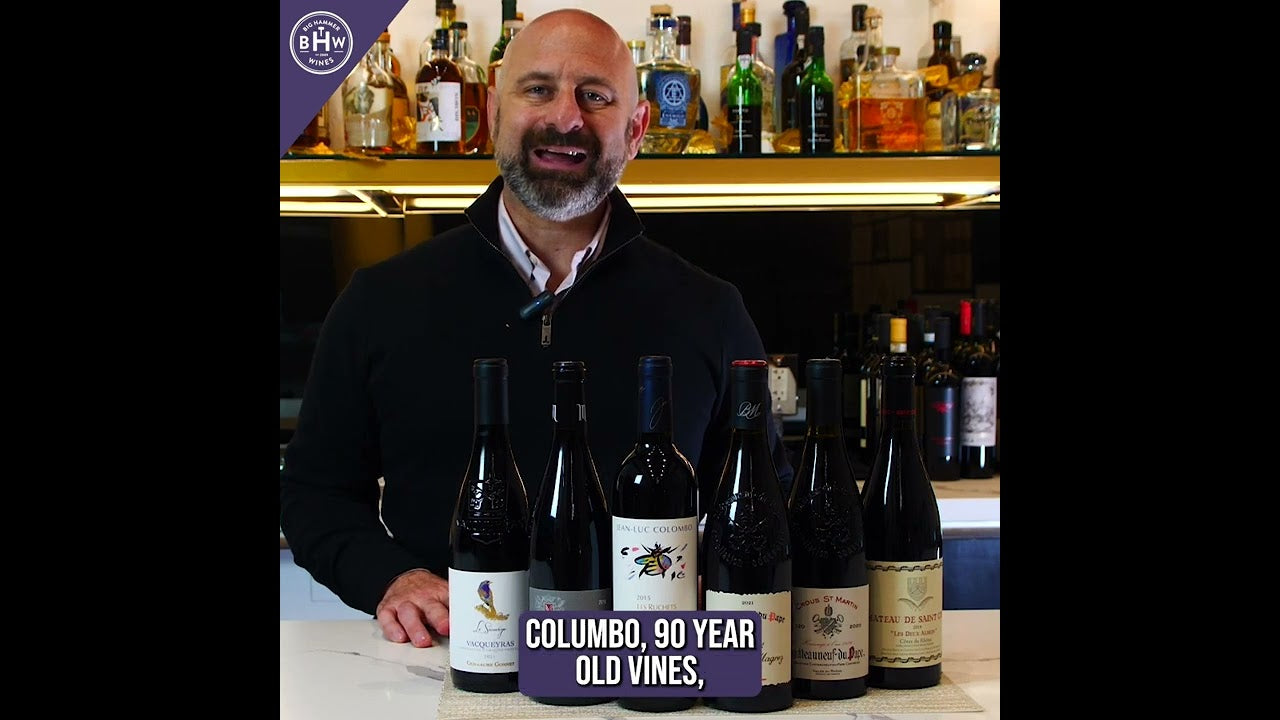
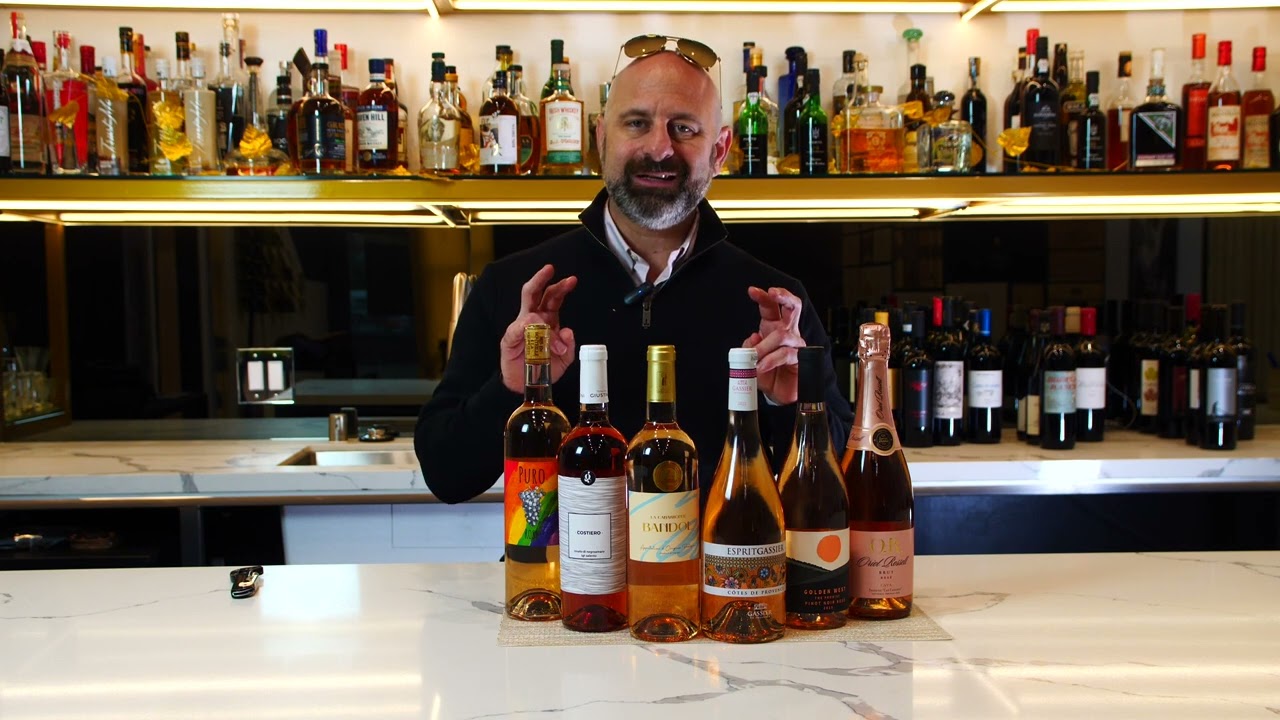
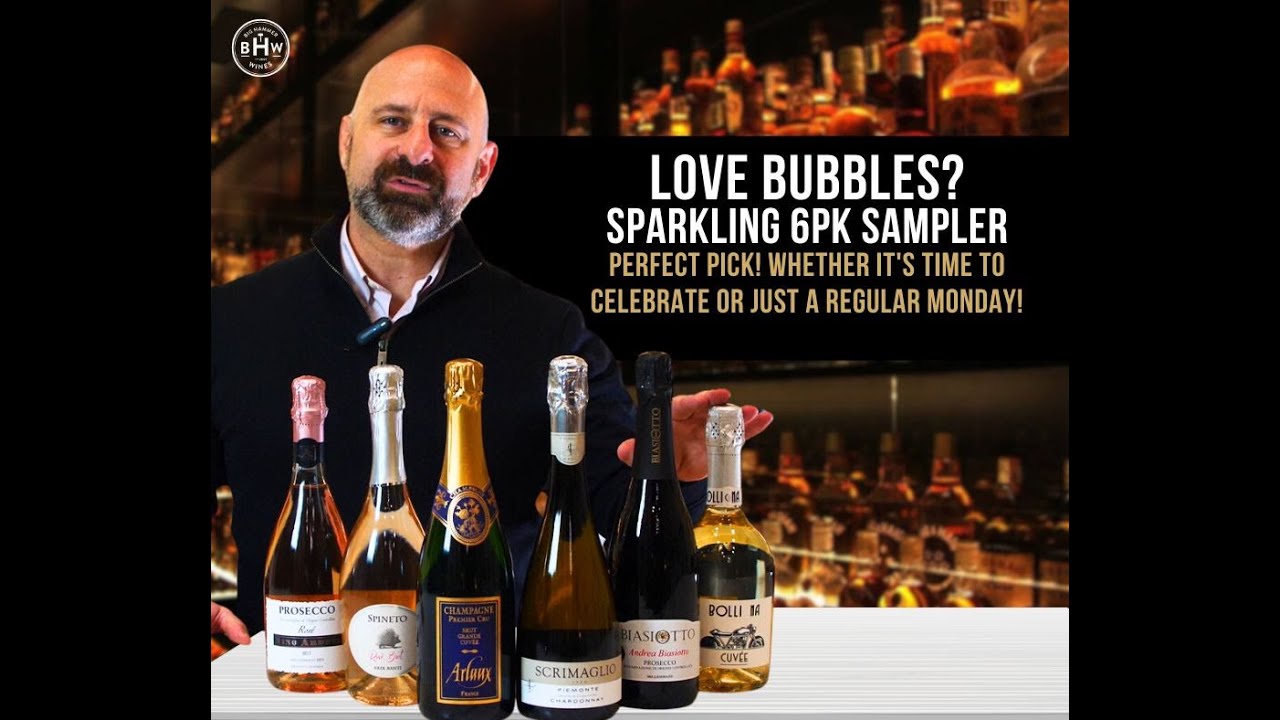
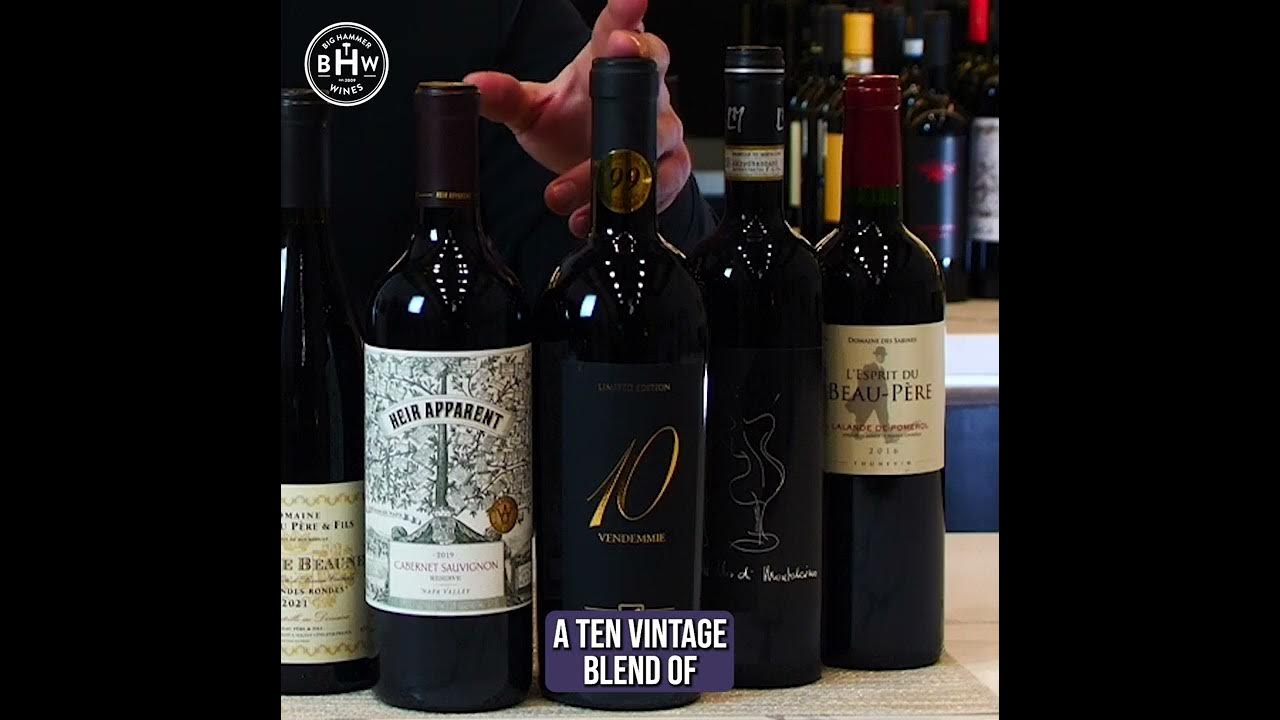
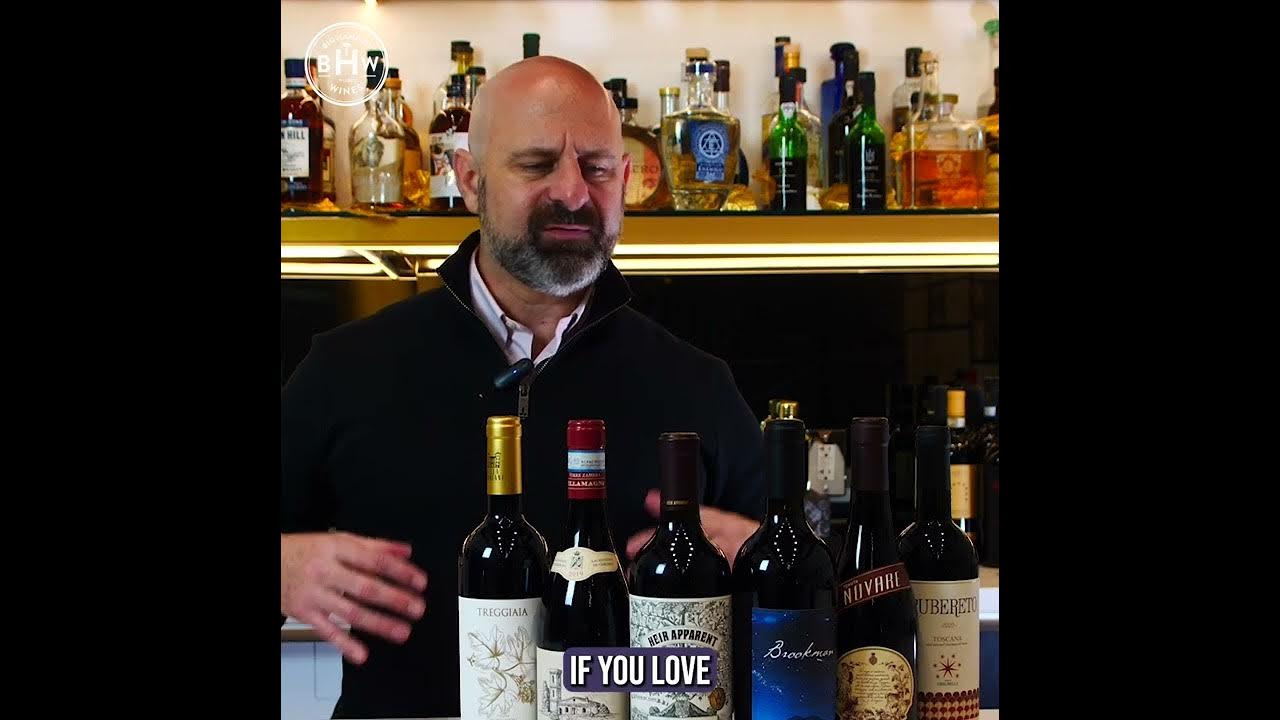
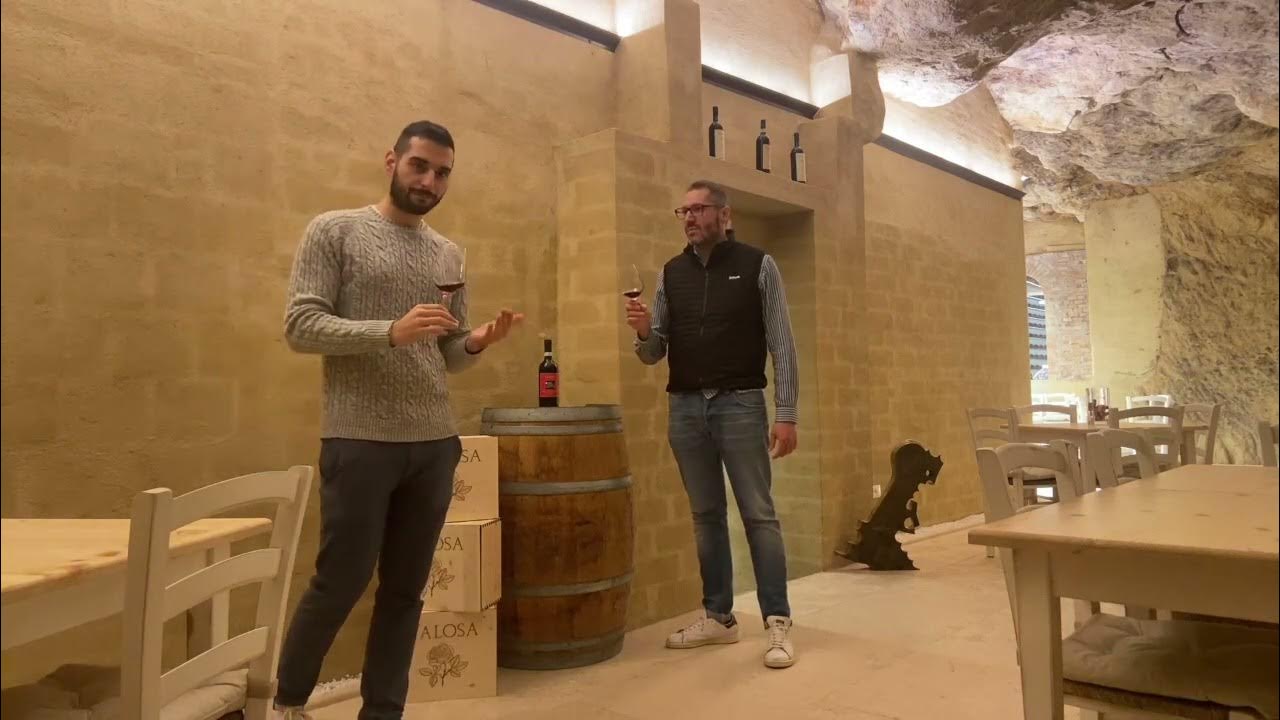
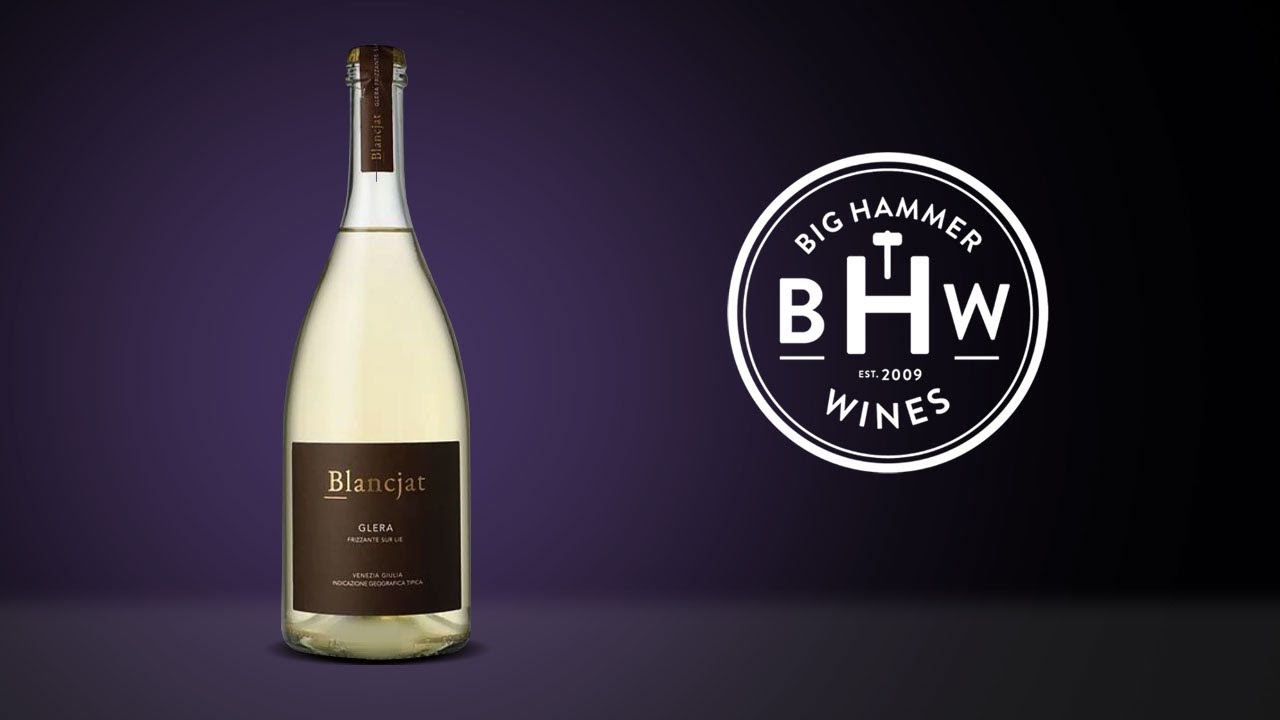
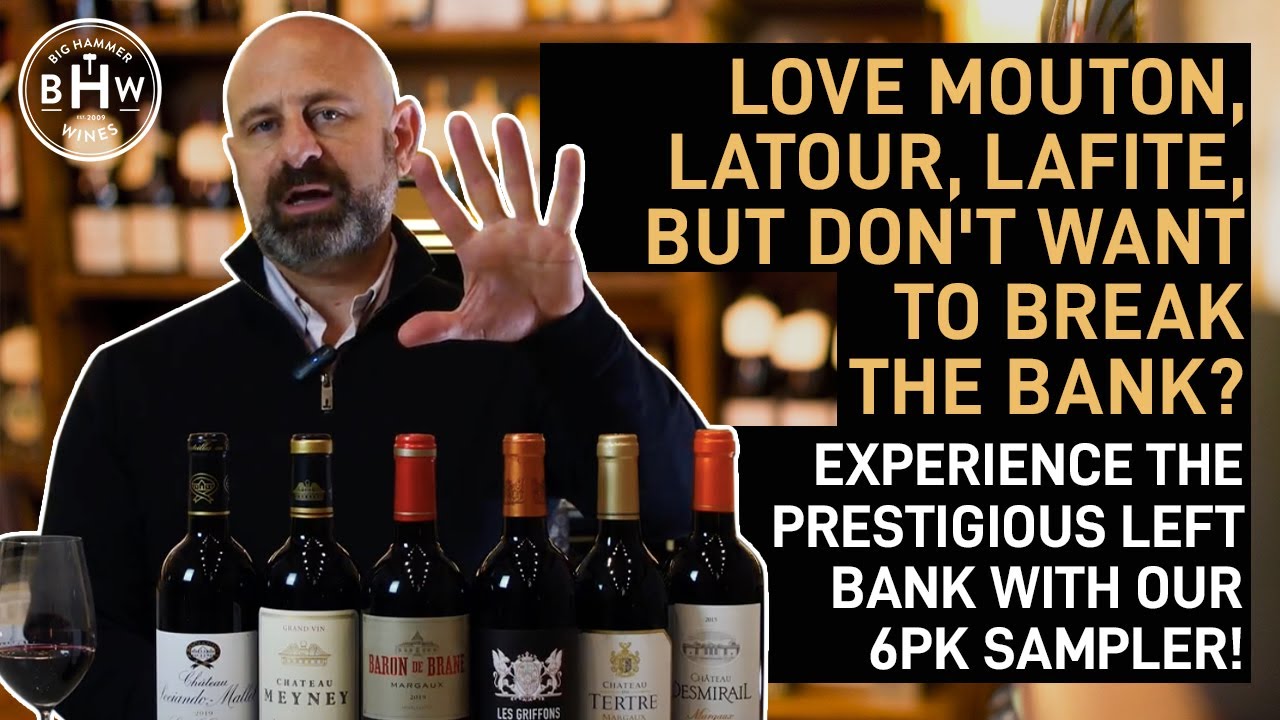
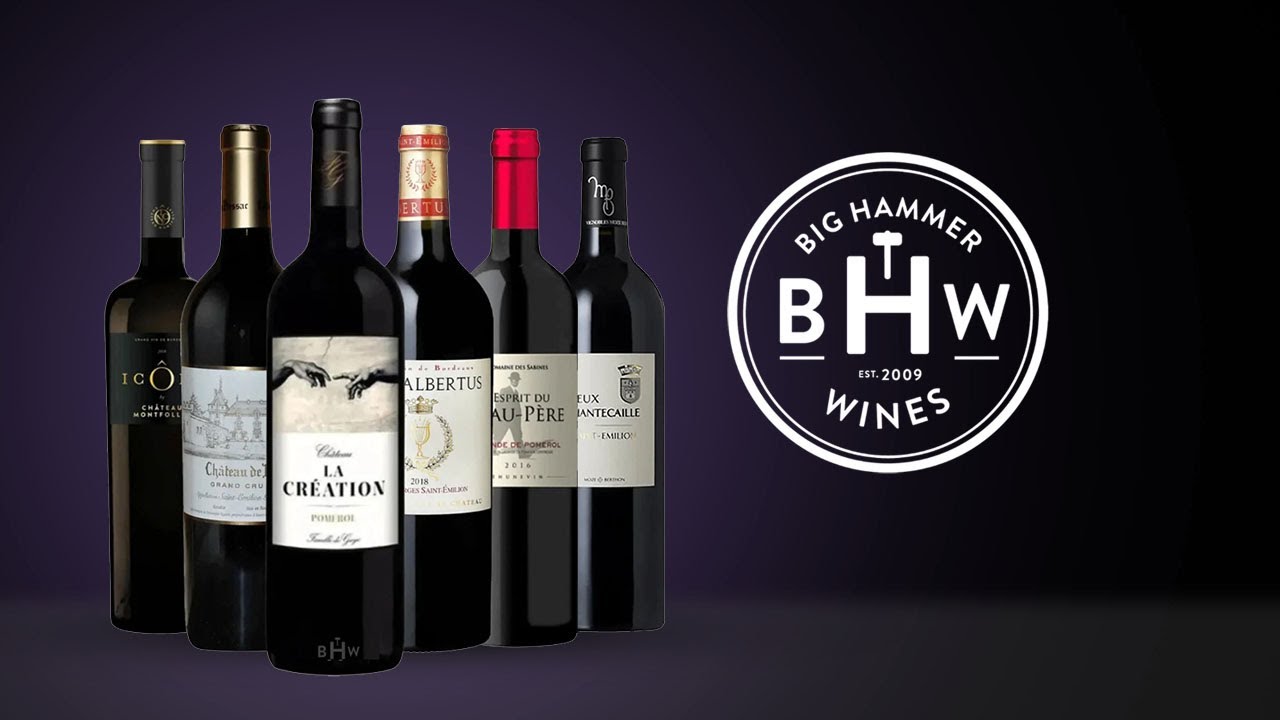
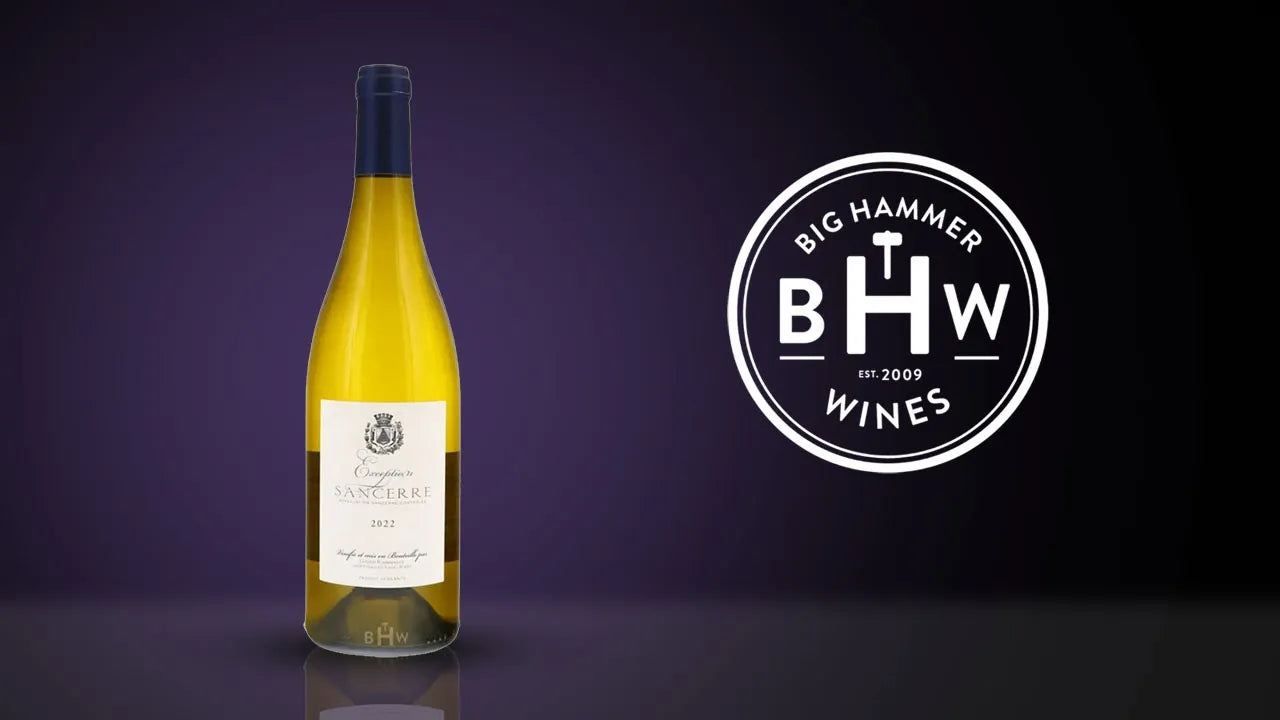
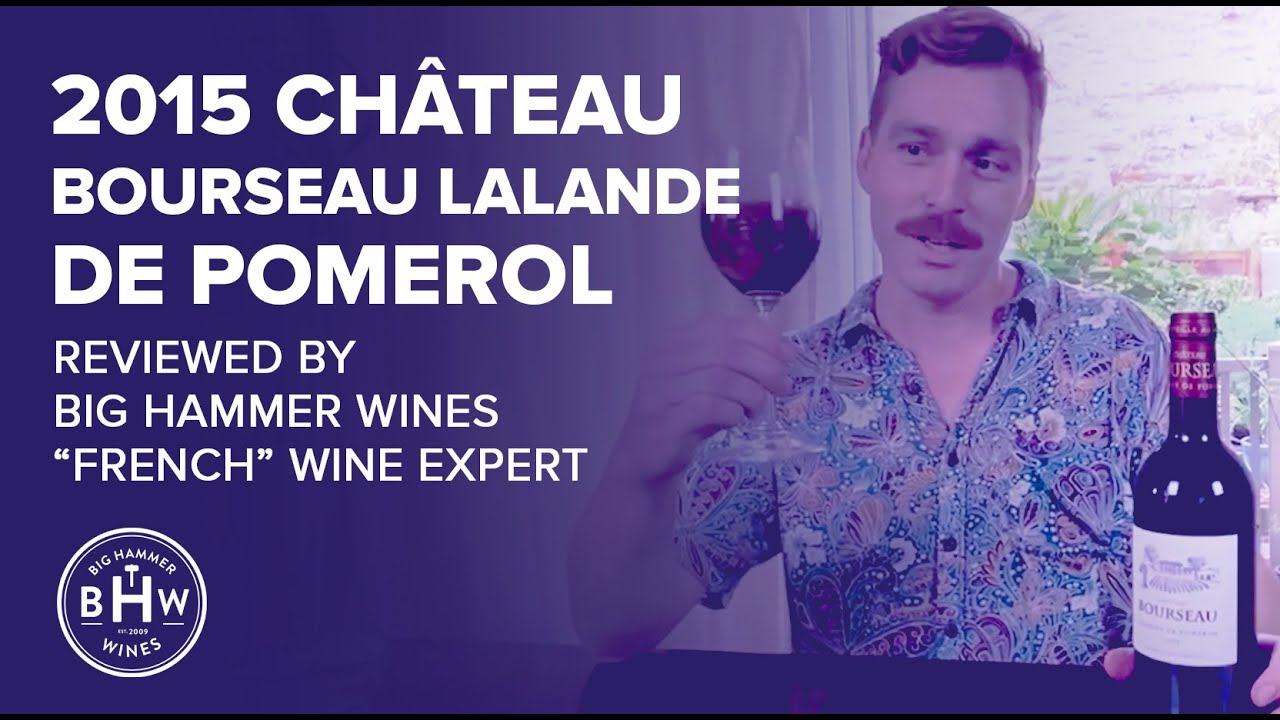
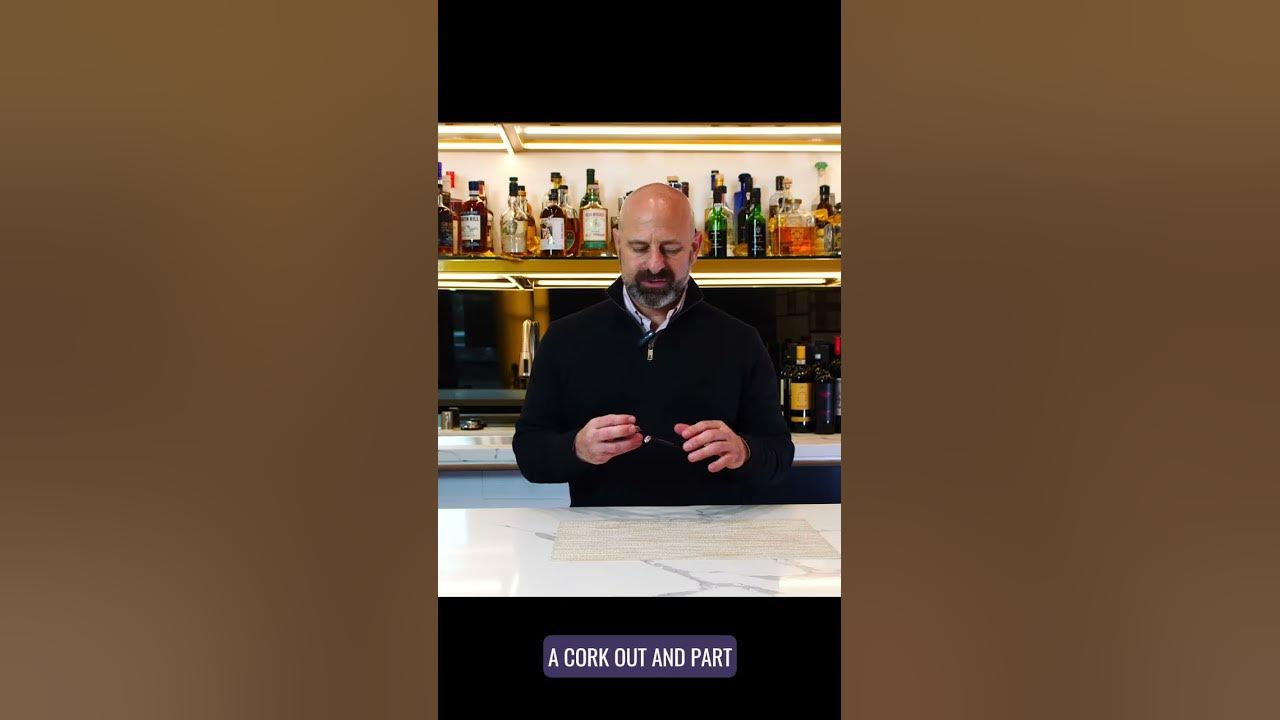
Share:
El Gallo Negro de Chianti: Leyendas y Hechos
Organic Vs. Non-Organic Wines
Comments Section